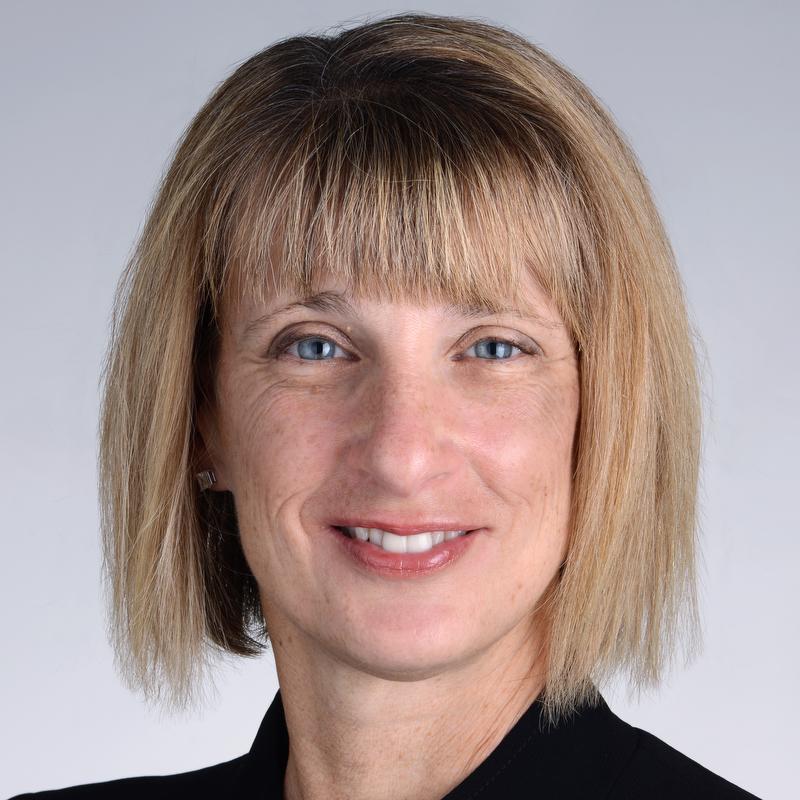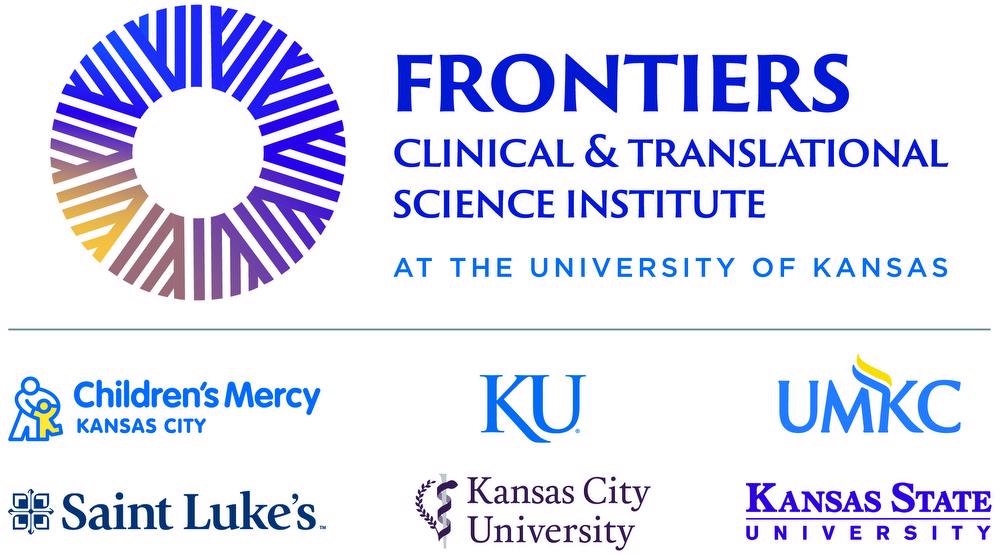

Frontiers Clinical and Translational Science Institute gives six Pilot Awards
By Kelly Hale , Marketing & Communications Specialist
Dec 19, 2022
Project Title: Expanding Genomic Testing to Underserved Pediatric Populations
Principal Investigator: Ana Sequerra Amram Cohen
Institution: Children’s Mercy Kansas City/University of Missouri-Kansas City
Cohen's project aims to take genetic testing, especially whole genome sequencing, beyond where it's normally practiced in academic medical centers and make it accessible to primary care practices in rural communities. Whole genome sequencing reveals the complete DNA makeup of individuals and can be used to assess their risks for various diseases as well as their responses to different treatments.
Cohen has partnered with a primary care clinic in Salina, Kansas, where she and her team will help identify patients who may need genetic testing and will assist the providers with all testing logistics. These logistics may be as simple as navigating an electronic consent forms for patients who lack internet access at home. Cohen also hopes to reduce geographical, financial and social barriers in access to genetic testing by learning from the research participants. “This funding is going to help us learn from the clinics and the patients and help them get the health care they need, faster and easier,” Cohen said.
Successful completion of Cohen’s project will reduce the current wait times of six to 12 months for children who need genetic testing. It also could lead to faster diagnosis and treatment while ultimately seeking better health outcomes for patients with rare genetic disorders.
The long-term goal of Cohen’s research is to support more rapid diagnoses and treatment of genetic disorders in an equitable manner. “We hope to learn from Frontiers partners throughout this process and have their support to track the health economic benefits from patients receiving earlier diagnoses and interventions,” Cohen noted, “so that new systems can be expanded for underserved populations across the nation.”
Principal Investigator: Kimberly Randell
Institution: Children’s Mercy Kansas City
Randell’s study will examine which Clinical and Translational Science Institutes (CTSIs) have youth advisory boards, how the CTSIs implemented these boards and how the boards are sustained in the face of obstacles. Children’s Mercy is developing a youth research advisory board to engage youth in the design and execution of research. So, Randell wants to discover what young researchers learn from the youth advisory board, how the board’s feedback impacts young people’s research and whether it changes their study approaches.
“Ultimately, centering youth voices makes for better science,” Randell argues. “We currently engage with adult members of our community – to design better interventions to make more meaningful impacts – but to fully develop the right interventions, we have to include youth voices.”
Dr. Randell’s study will go beyond the expected, such as asking youth participants for feedback on data collection instruments or for insights on how to increase participation. She hopes to include youth voices at every stage of the research process to ensure the research is relevant to their needs and makes a difference in their lives. Randell hopes that intentionally immersing diverse youth in research will empower them to investigate careers in science in medicine, which in turn would increase diversity in the scientific workforce. Frontiers partners will be invited to engage with the youth advisory board, while results from this study will be shared with other CTSIs to help ensure youth voices are heard across the translational science enterprise.
Project Title: Mitochondrial Health Index for Alzheimer’s Disease
Principal Investigator: Heather Wilkins
Institution: University of Kansas Medical Center
Mitochondria are structures within cells that produce energy for important physical processes, including brain function. In patients with Alzheimer’s Disease (AD), mitochondria may function abnormally prior to other Alzheimer’s changes being observed, but also prior to memory impairment. Researchers are working to develop treatments for AD patients, but there is no standard method to evaluate treatments that aim to improve mitochondrial function. Thus, it is difficult to compare outcomes in clinical trials of medicines that target the mitochondrial abnormalities.
Wilkins’ study will develop a mitochondrial health index – a benchmark that can be used to evaluate these new medicines. The index will use blood-based biomarkers, which are substances in the blood that can suggest health, infection, or the presence of disease. Wilkins notes, “There is excitement in the field for biomarker development. This funding will help us in a number of ways, including recruiting participants, helping with the costs of testing the biomarkers and working with biostatistics to develop modeling for clinical trials.” By developing the mitochondrial health index, Wilkins hopes to improve the way we evaluate medicines that alter mitochondrial function and ultimately improve health outcomes for AD patients.
Principal Investigator: Leonidas Bantis
Institution: University of Kansas Medical Center
Certain biological molecules in patient fluids or tissues can serve as biomarkers that enable early detection, diagnosis or monitoring of a specific disease. Studies searching for new biomarker often consider three participant groups: healthy individuals, those with a mild stage of the disease, and those with severe disease. Scientists evaluate biomarkers based on whether they can be used to tell healthy individuals from those with mild or severe disease, using statistical methods to evaluate a biomarker’s ability to classify individuals into the correct group. Ideally, a biomarker would categorize individuals into one of the three groups without any mistakes. However, this is rarely the case.
Bantis’ project aims to improve current statistical methods for evaluating such imperfect markers. In this project, the team will use measurements from all patients simultaneously to assess accuracy. In addition, they will provide the mathematical framework for estimating optimal biomarker cutoffs and their associated true and false decisions.
Ultimately, Dr. Bantis hopes to introduce new measures of biomarker evaluation that are linked to the severity of the disease and that are responsive to the needs of physicians and healthcare professionals. “This funding will allow me to fund two students who will develop the algorithm, and ultimately design the software, that we can use not only at the University of Kansas Medical Center, but at other research groups across the country and abroad for free.”
Project Title: Hip Dysplasia Biomarkers and Biologic Mechanisms
Principal Investigator: Caleb Grote
Institution: Children’s Mercy Kansas City
As a pediatric orthopedic surgeon, Grote focuses on preserving, or “saving,” the adolescent hip. Hip dysplasia occurs when a hip socket doesn’t fully cover the ball portion of the upper thighbone, a condition that can lead to hip dislocation and early arthritis. Despite years of research, there are gaps in our understanding of how hip dysplasia affects joint tissues. It is common for adolescents with hip dysplasia to experience joint pain, even with no evidence of arthritis. To understand the cause of pain, we need more information about the biological and chemical processes within the joint tissues of adolescents with hip dysplasia.
The goal of Grote’s study is to investigate differences in the structure and biology of patients’ hips to help predict hip dysplasia. Dr. Grote believes this study is a first step in treating hip dysplasia more effectively, through earlier diagnosis and better surgeries and medications. “I’m very excited about this new world of research, and it’s just the beginning. I feel like this will impact the future of orthopedics as we figure out the biological and mechanical aspects. I’m also excited about working with Dr. Jinxi Wang (University of Kansas Medical Center), who is a renowned expert in joint biology and someone whom I consider a mentor.”
Principal Investigator: Robin Shook
Institution: Children’s Mercy Kansas City
Childhood obesity is a major public health issue with significant consequences for a child’s social, emotional, and physical well-being. Efforts to prevent or treat childhood obesity often address individual biological and behavioral risk factors, but the causes of childhood obesity are complex. Neighborhood characteristics and other social factors interact with biology and behavior to influence weight gain.
Shook’s research aims to improve the way we treat childhood obesity by combining health information from Children’s Mercy Hospital with details about the patient’s social environment. How safe and walkable is a child’s neighborhood, for example? How close does his/her family live to a grocery store? By mapping the social environment, Shook will shed light on the populations and neighborhoods in the Kansas City area that are most at-risk for childhood obesity.
He plans to partner with the Non-Profit Leadership Program at the University of Missouri-Kansas City to develop a new tool for health care providers. This tool will map community-based organizations that provide services or resources related to childhood obesity. He hopes the mapping project will help health care providers connect families to YMCA programs, parks departments, and other local organizations that support a healthy lifestyle. “We’re trying to translate our findings in pediatric healthcare to community resources so we can encourage families to transition to a healthier lifestyle as soon as possible.”
Latest Articles
View All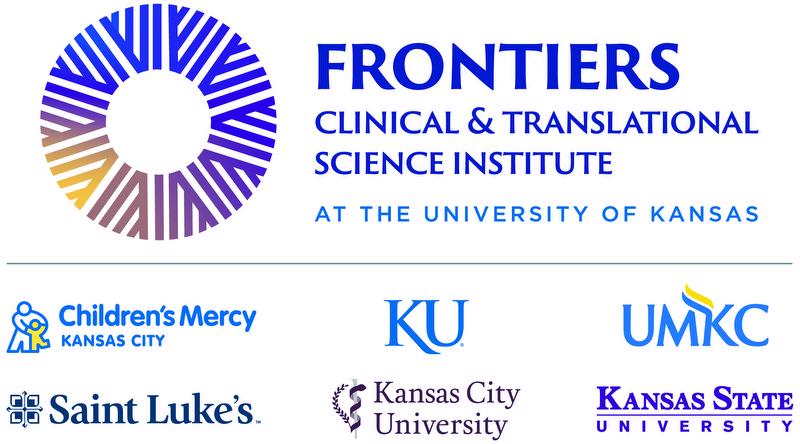 Funded Projects · News
Funded Projects · News
 TL1 Trainee · News
TL1 Trainee · News
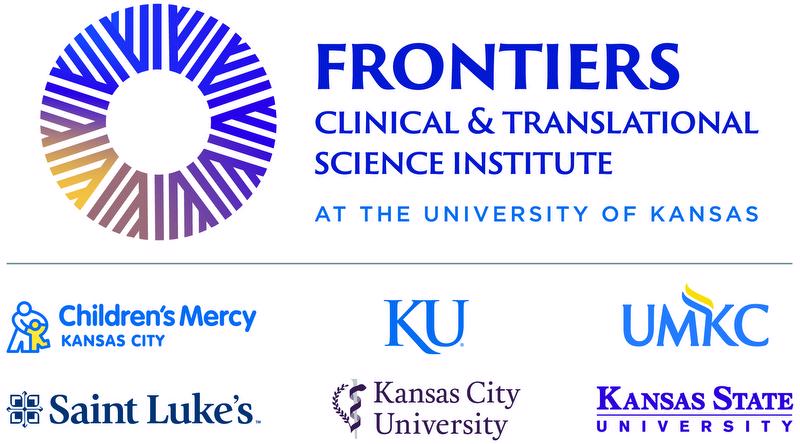 Funded Projects · News
Funded Projects · News
 TL1 Trainee · News
TL1 Trainee · News
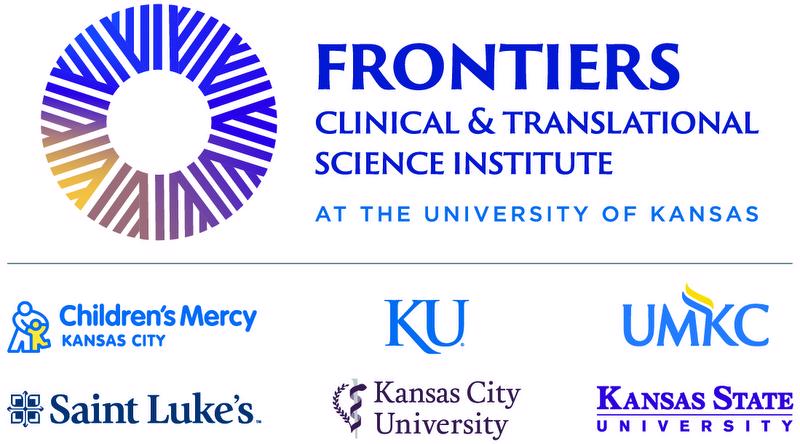 Funded Projects · News
Funded Projects · News
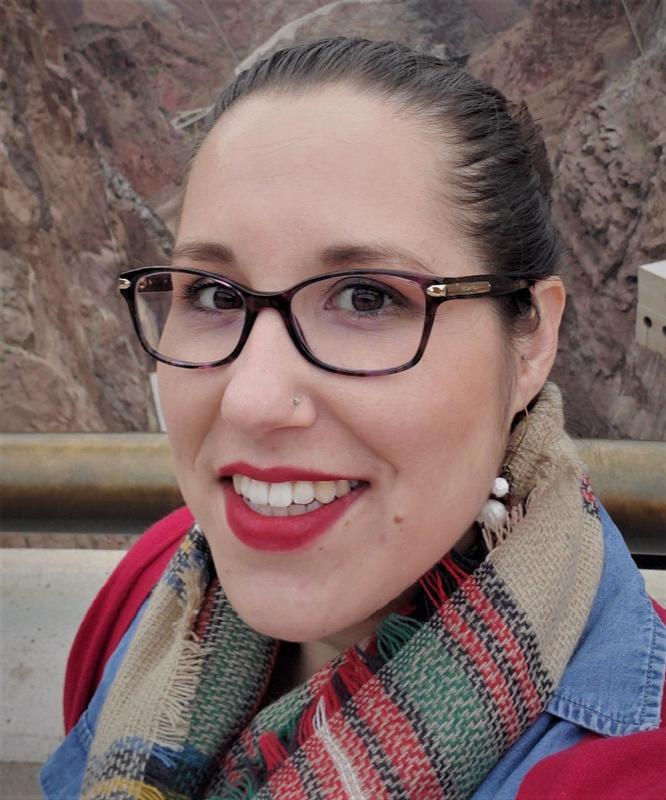 TL1 Trainee · News
TL1 Trainee · News
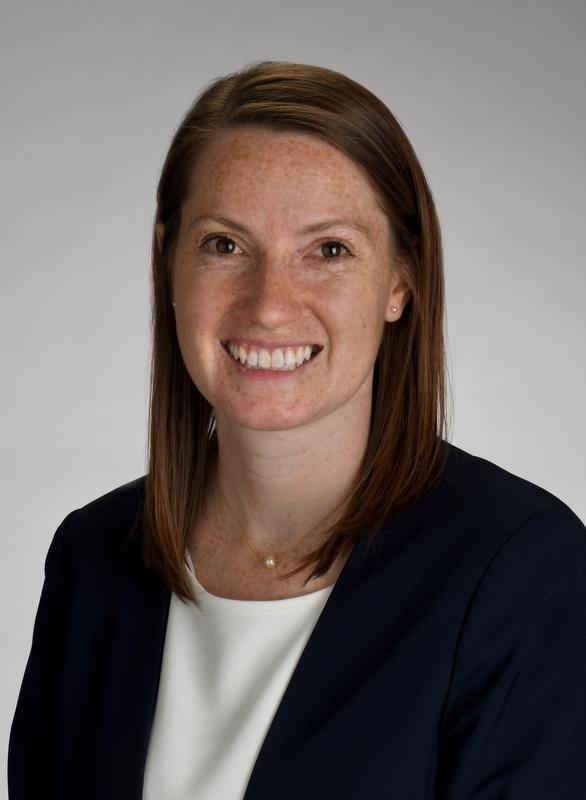 KL2 Scholar · News
KL2 Scholar · News
 Funded Projects · News
Funded Projects · News
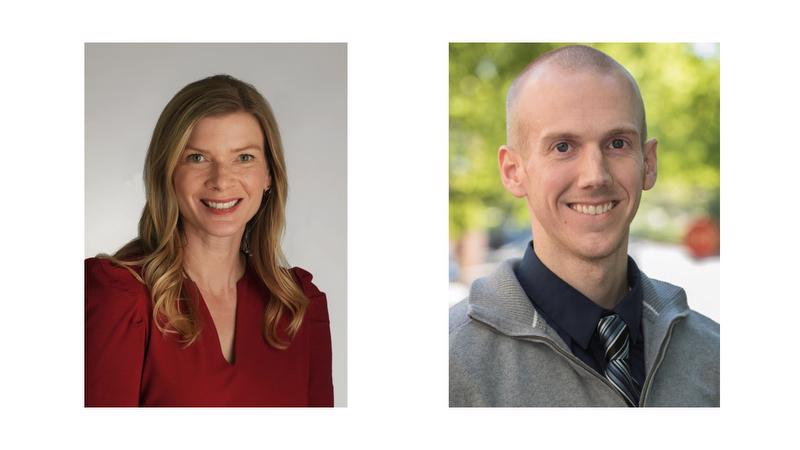 Funded Projects · News
Funded Projects · News
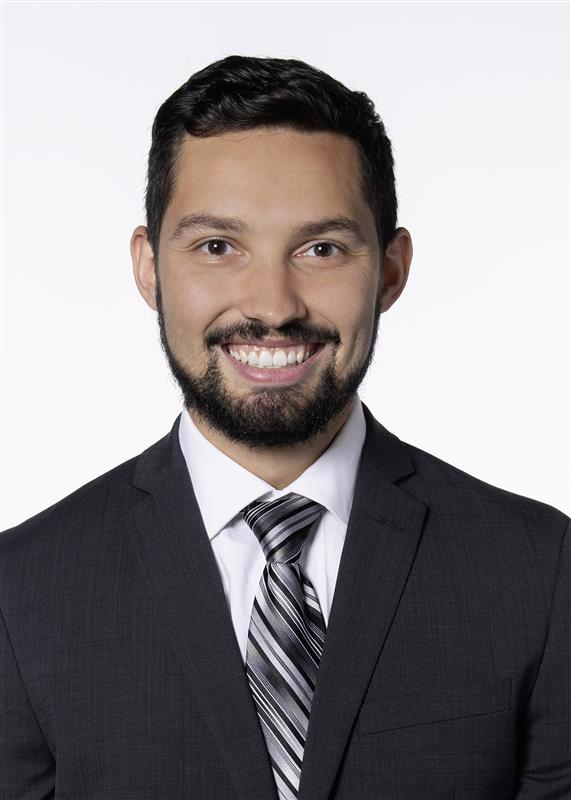 TL1 Trainee · News
TL1 Trainee · News
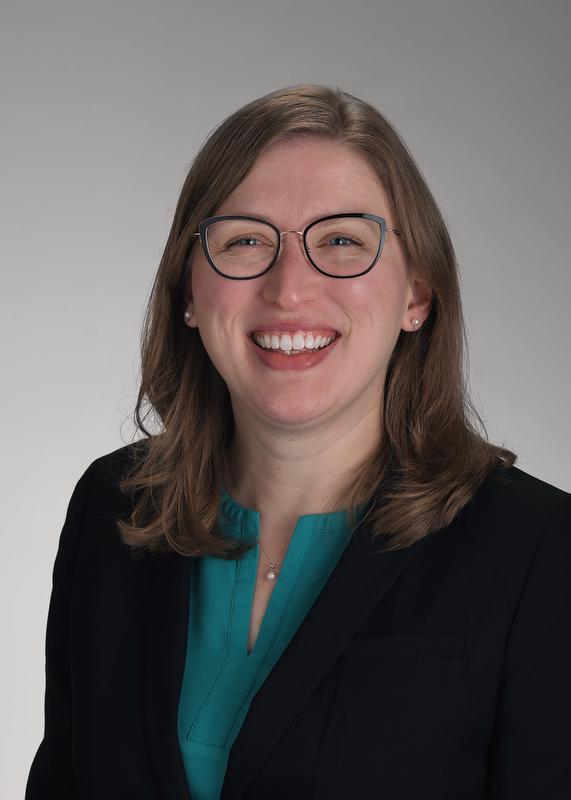 KL2 Scholar · News
KL2 Scholar · News
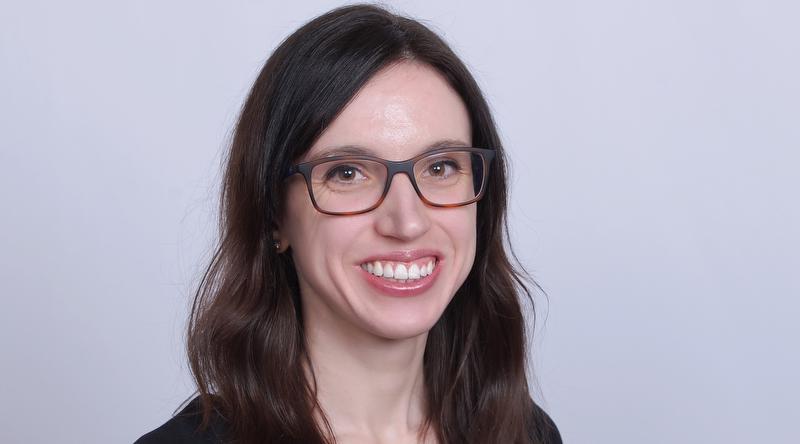 Funded Projects · News
Funded Projects · News
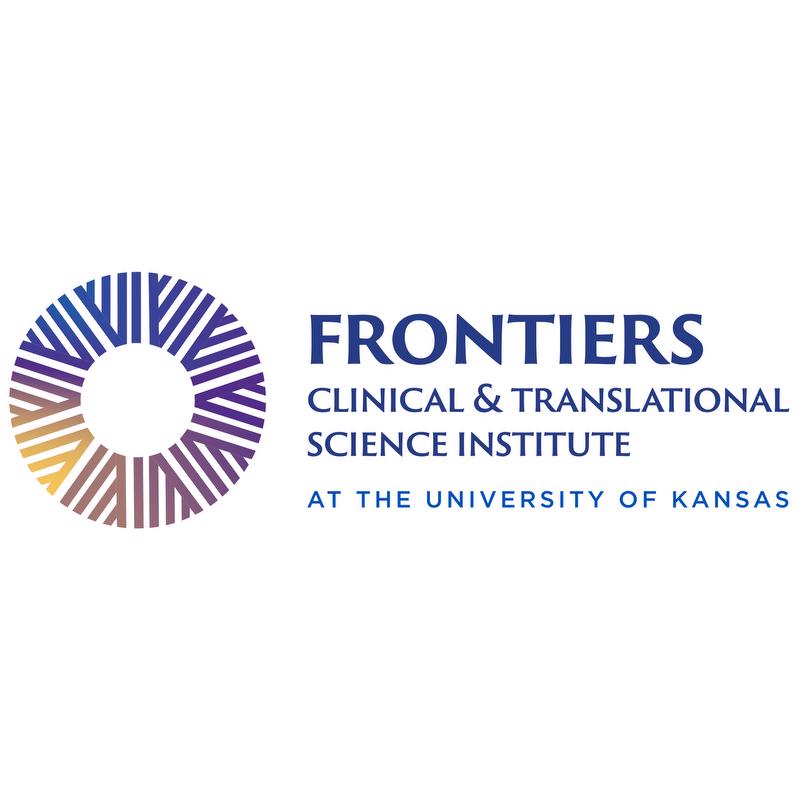 News
News
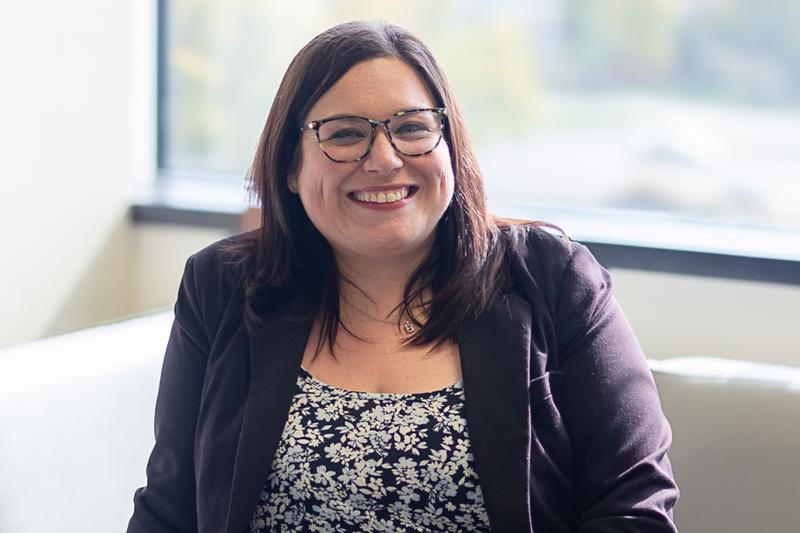 TL1 Trainee · News
TL1 Trainee · News
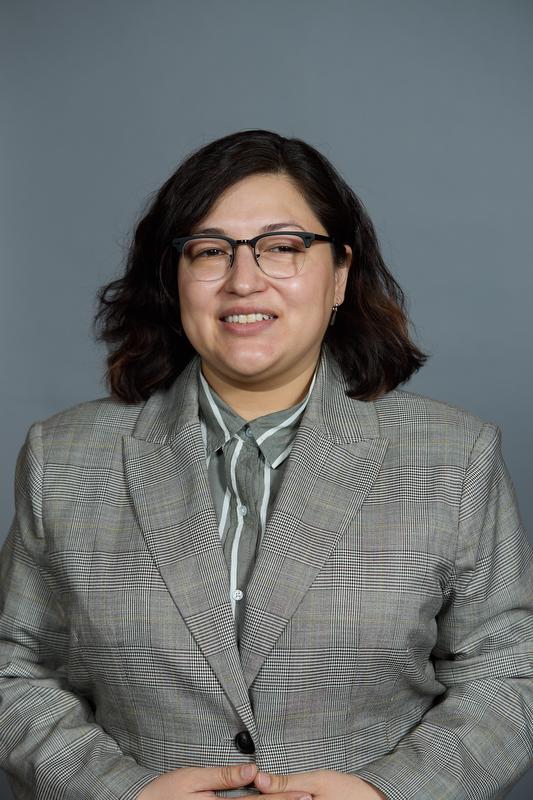 News
News
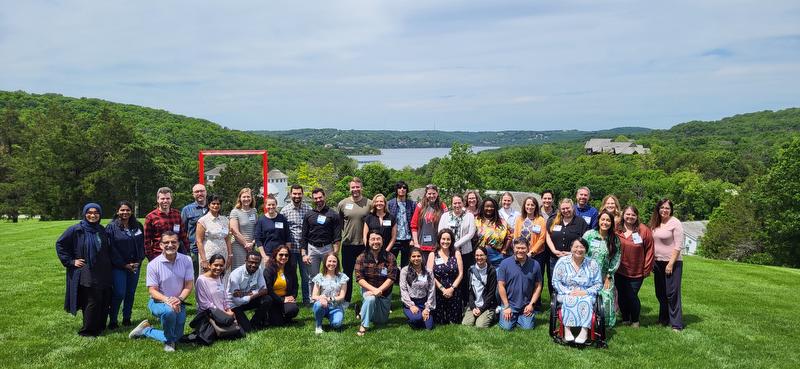 News
News
 Funded Projects · News
Funded Projects · News
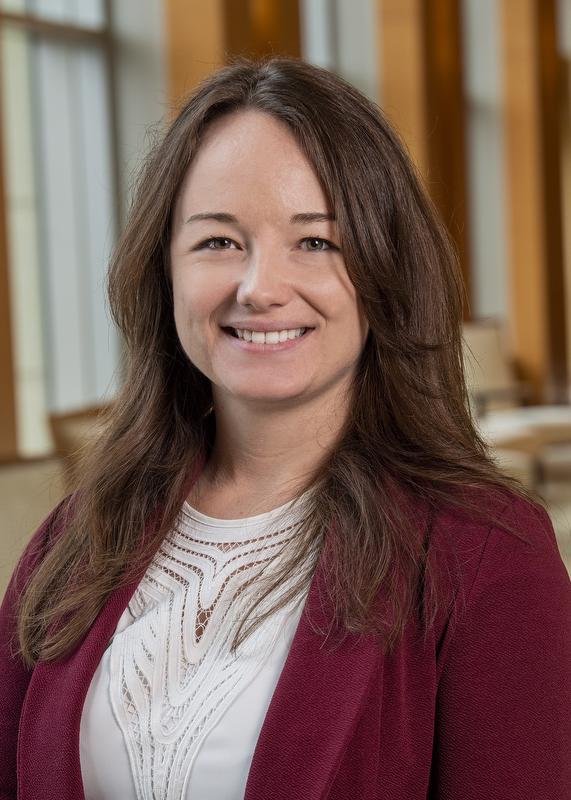 TL1 Trainee · News
TL1 Trainee · News
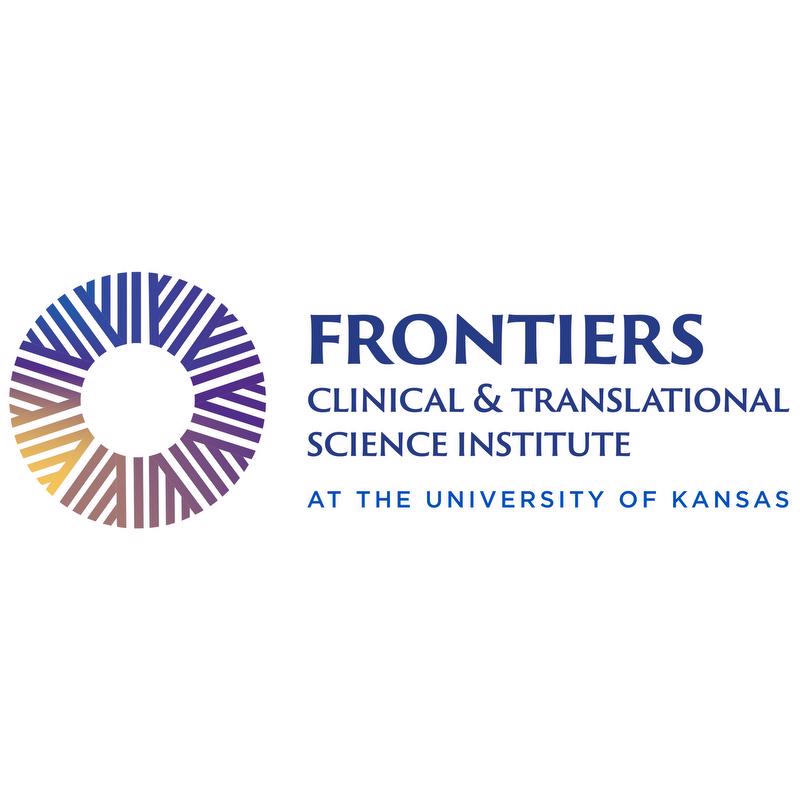 Events
Events
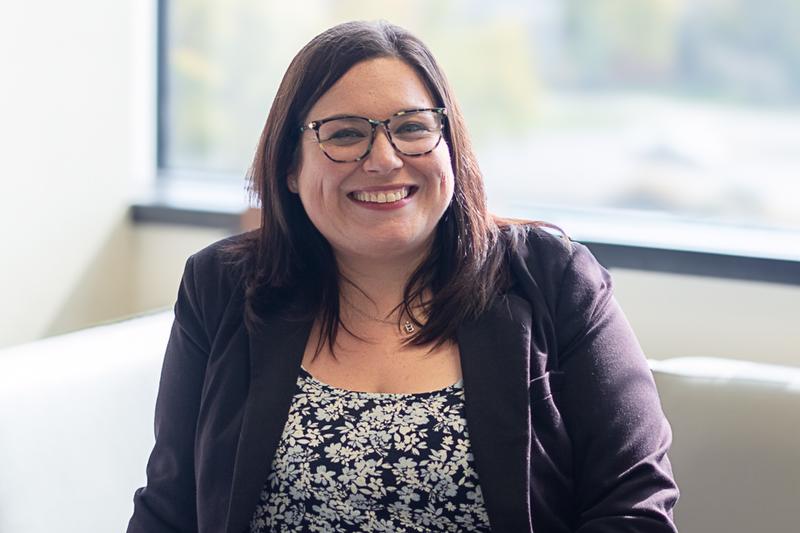 TL1 Trainee · News
TL1 Trainee · News
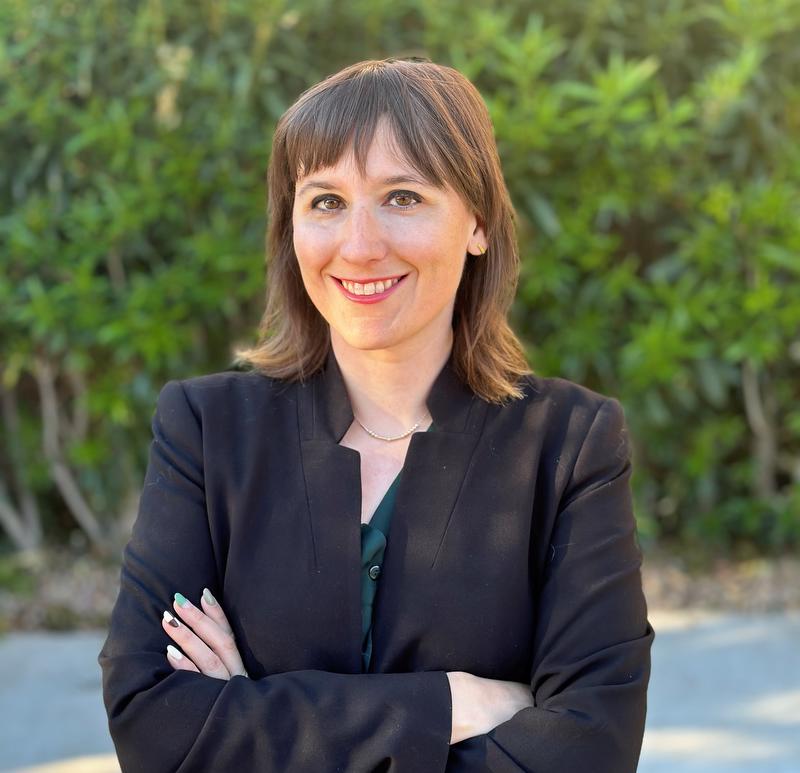 News
News
 TL1 Trainee · News
TL1 Trainee · News
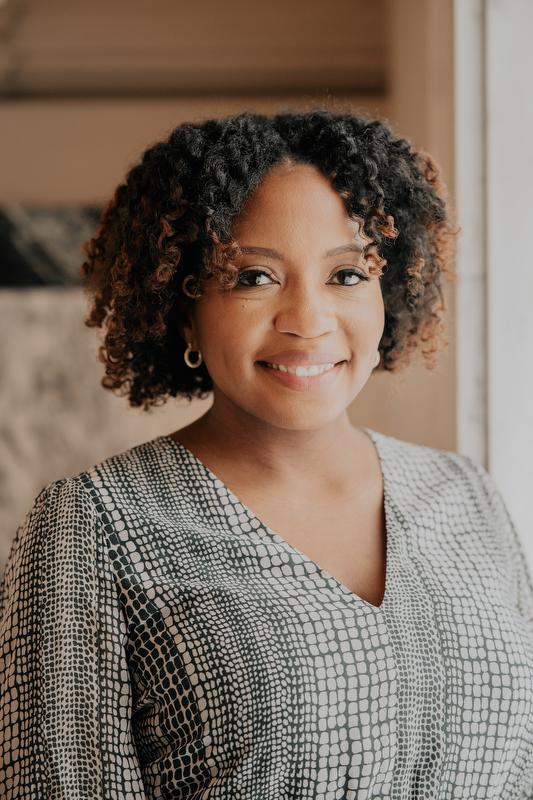 KL2 Scholar · News
KL2 Scholar · News
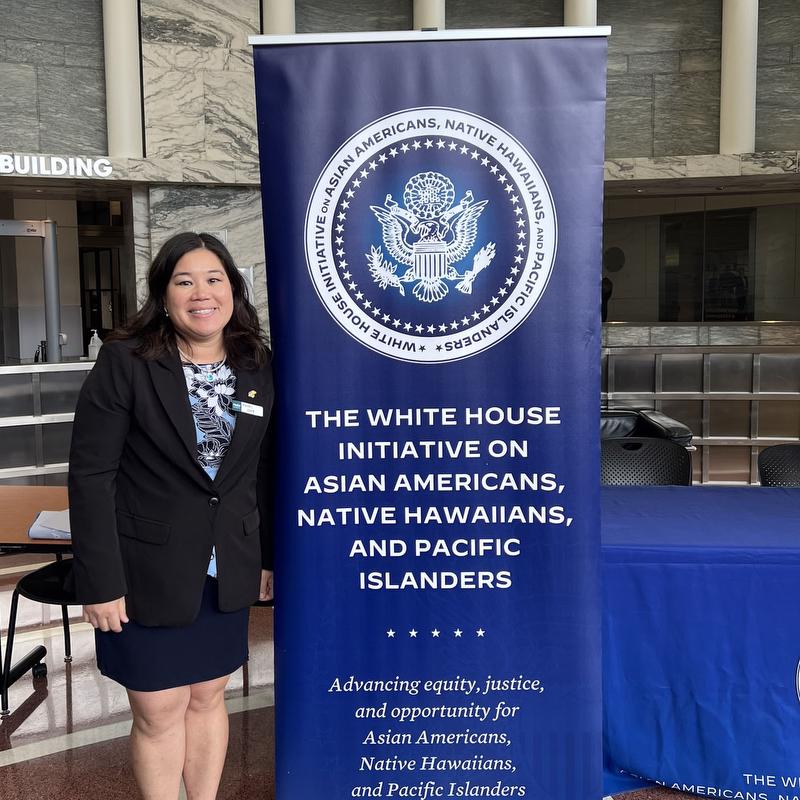 News
News
 KL2 Scholar · News
KL2 Scholar · News
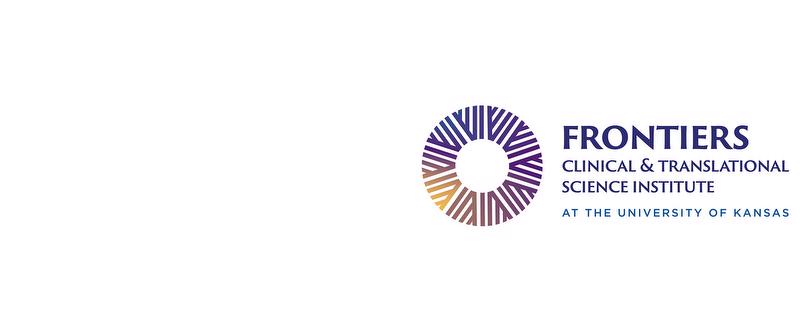 Funded Projects · News
Funded Projects · News
 News
News
 TL1 Trainee · News
TL1 Trainee · News
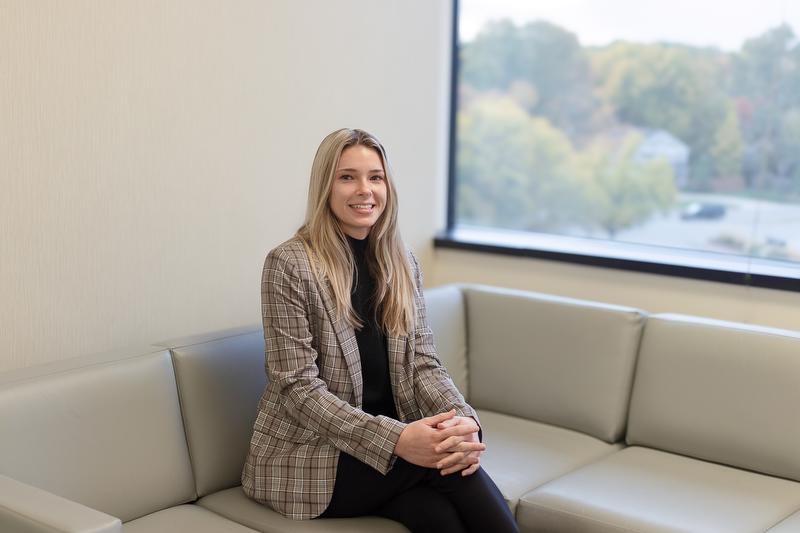
 TL1 Trainee · News
TL1 Trainee · News
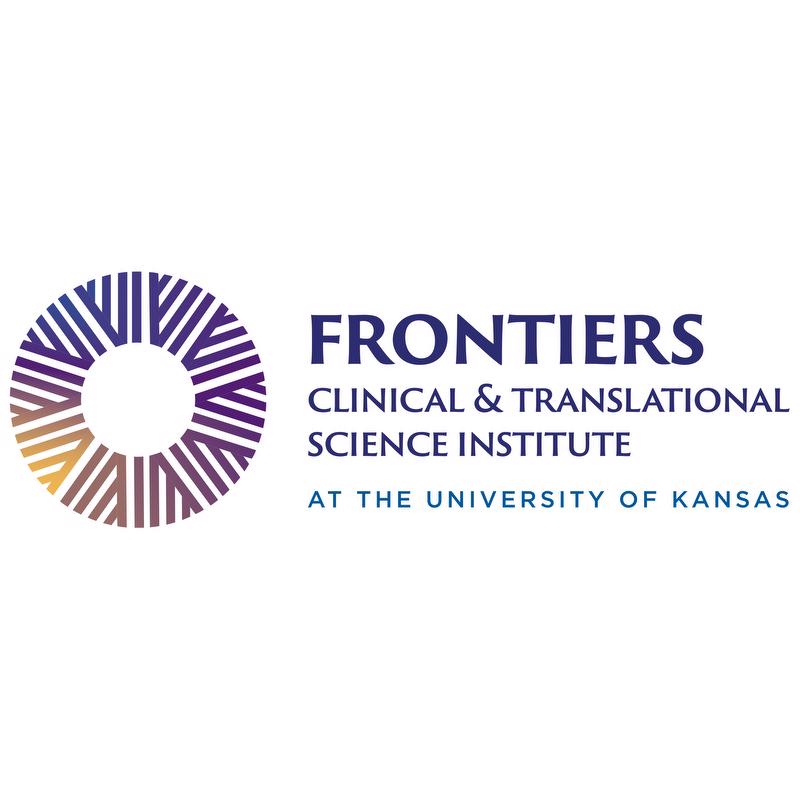 Services · News
Services · News
 News
News
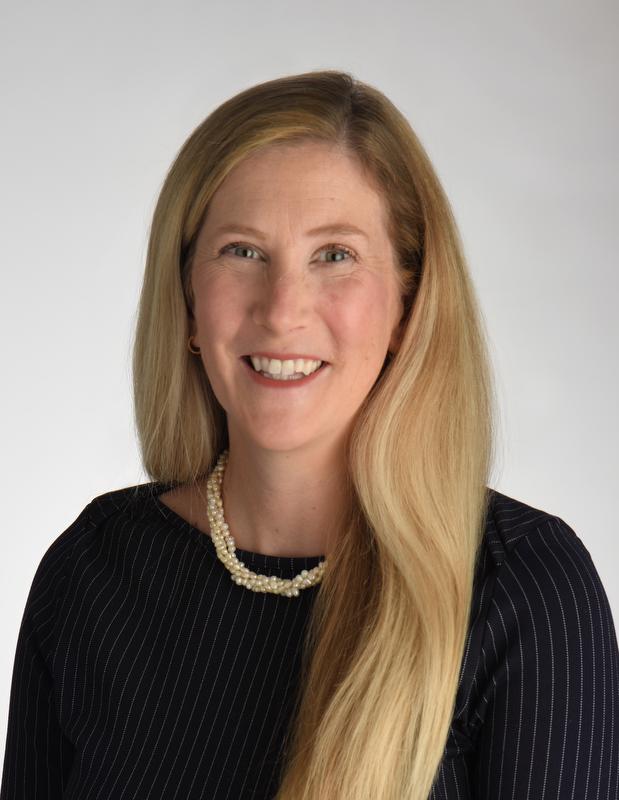 Funded Projects · News
Funded Projects · News
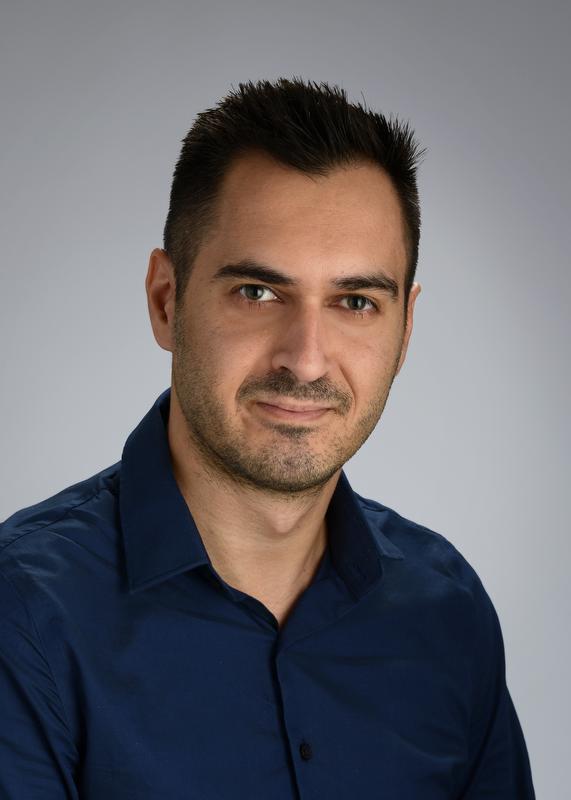 Funded Projects · News
Funded Projects · News
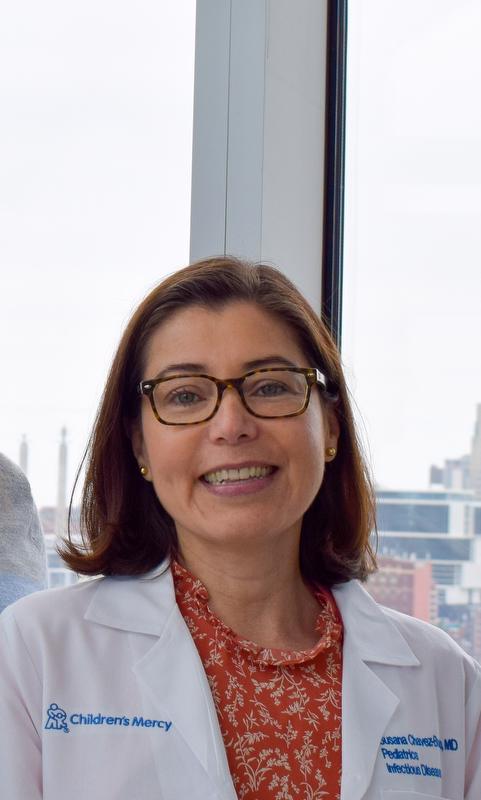 Funded Projects · News
Funded Projects · News
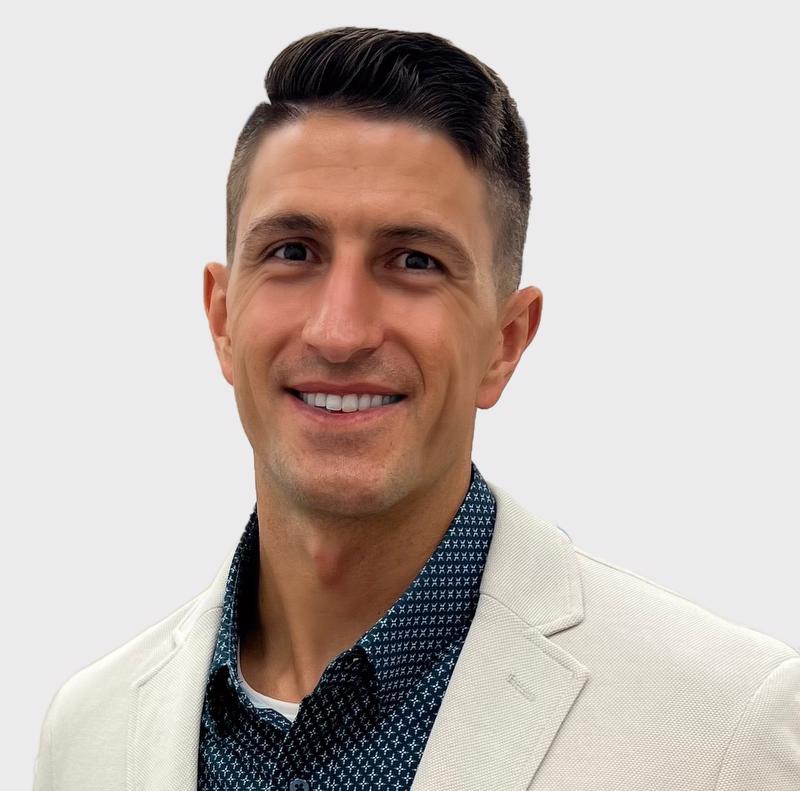 TL1 Trainee · News
TL1 Trainee · News
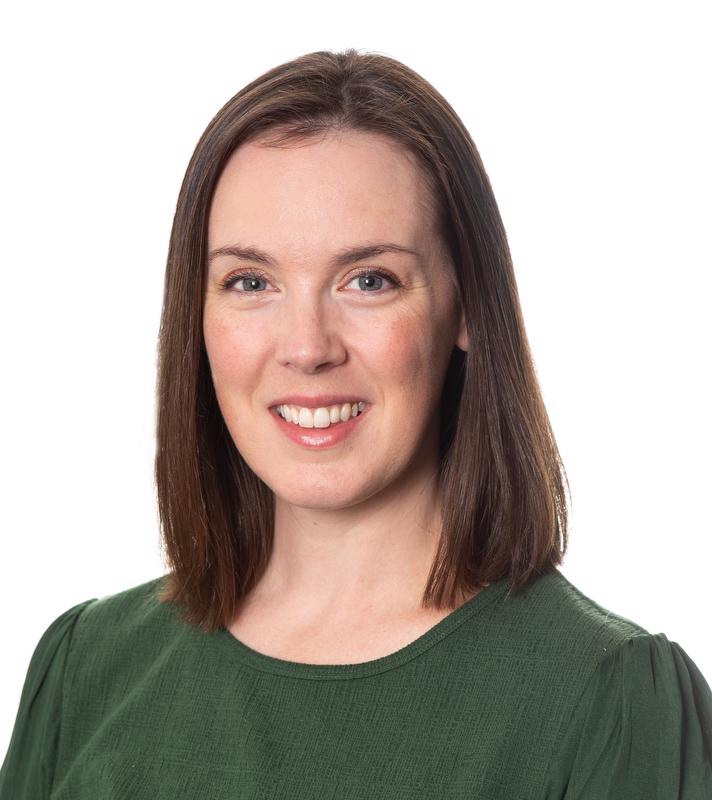 KL2 Scholar · News
KL2 Scholar · News
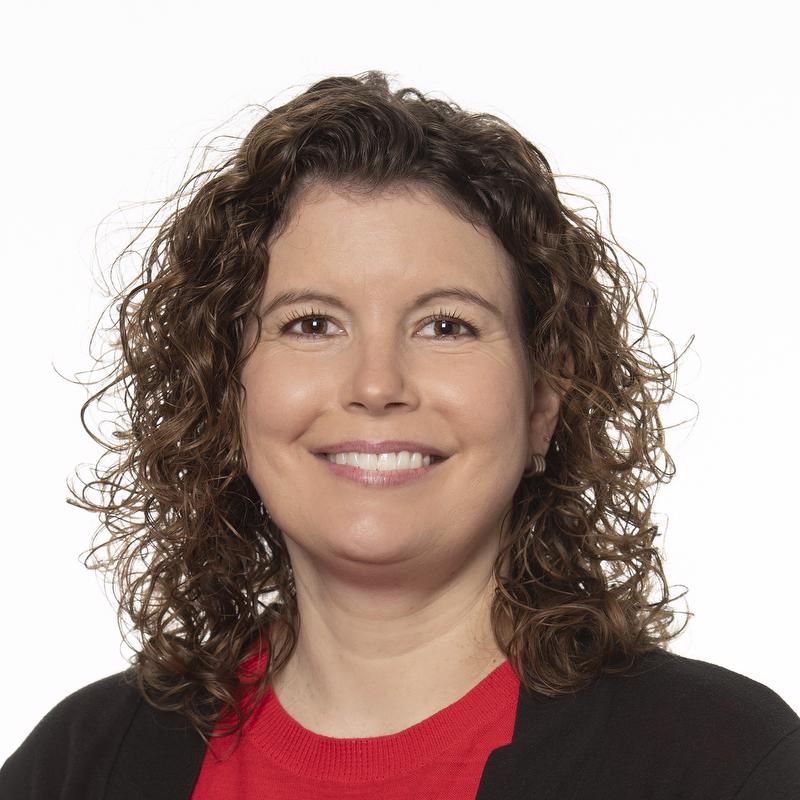 Funded Projects · News
Funded Projects · News
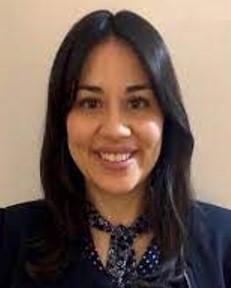 News
News
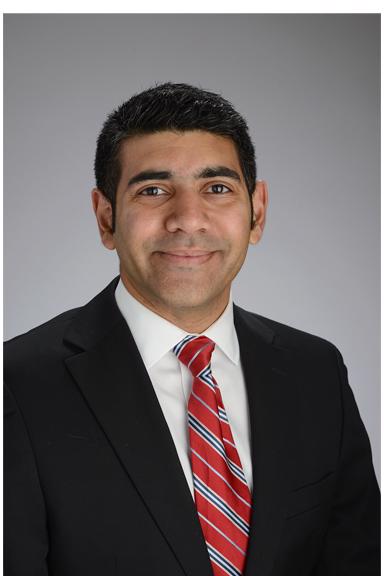 News
News
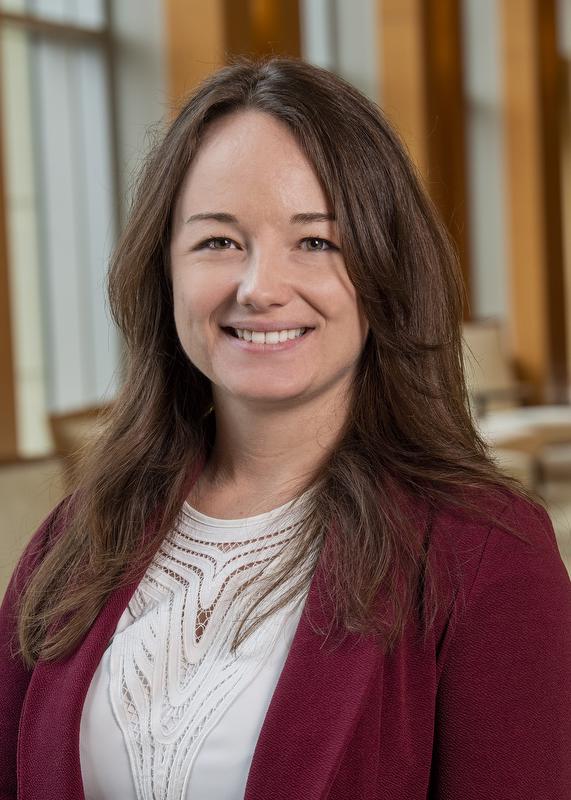 News
News
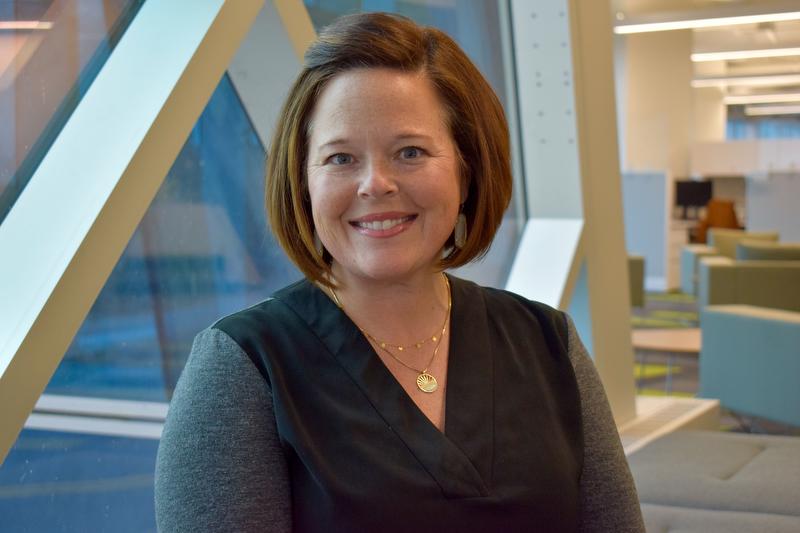 News
News
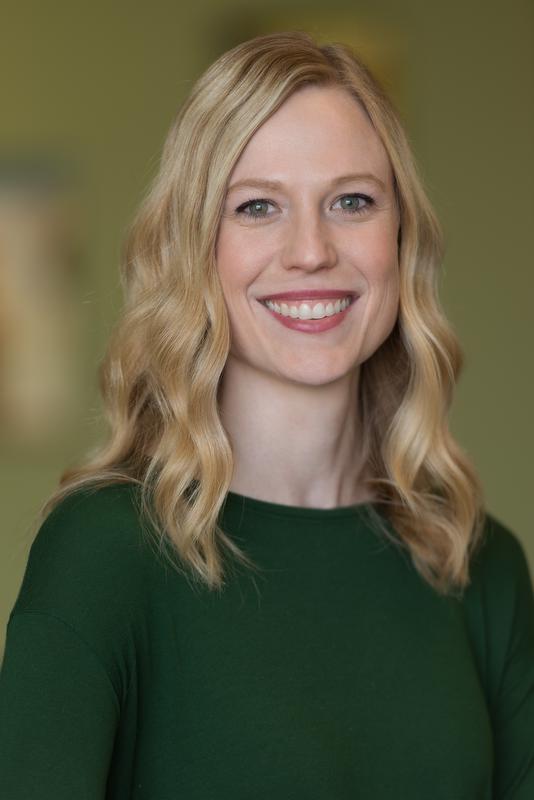 News
News
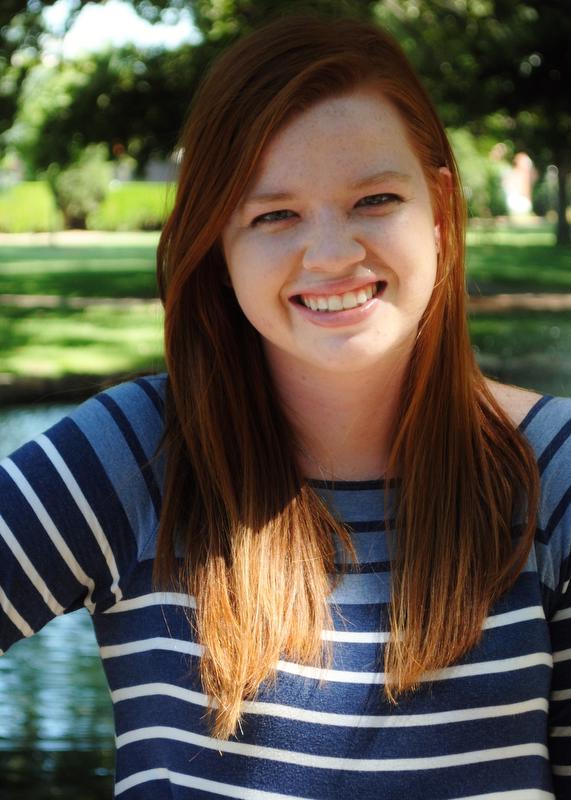 News
News
 News
News
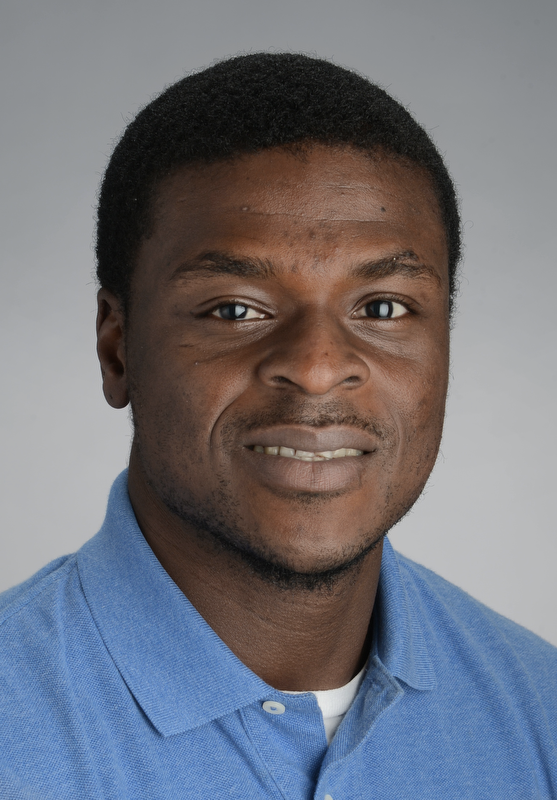 News
News
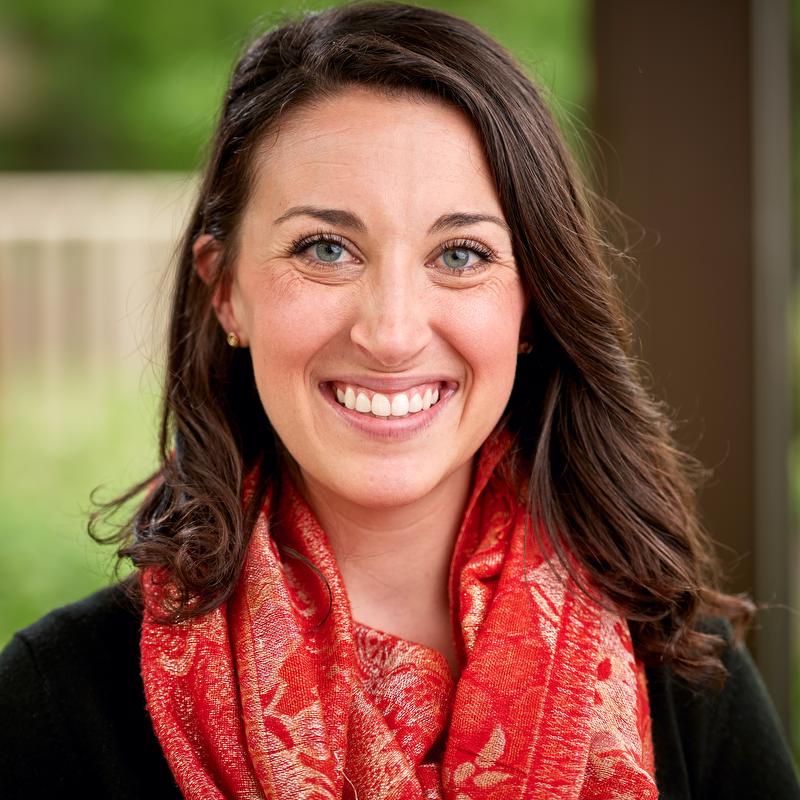 News
News
 News
News
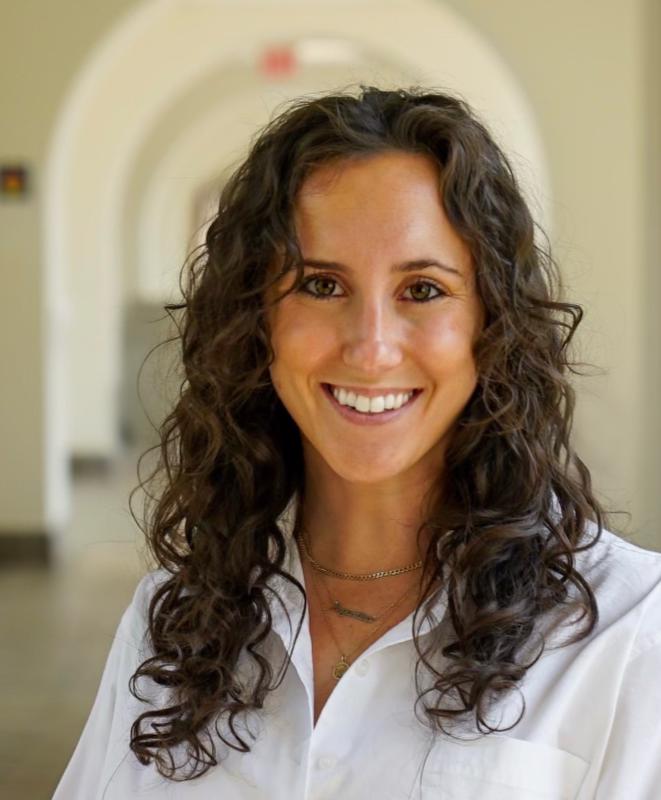 News
News
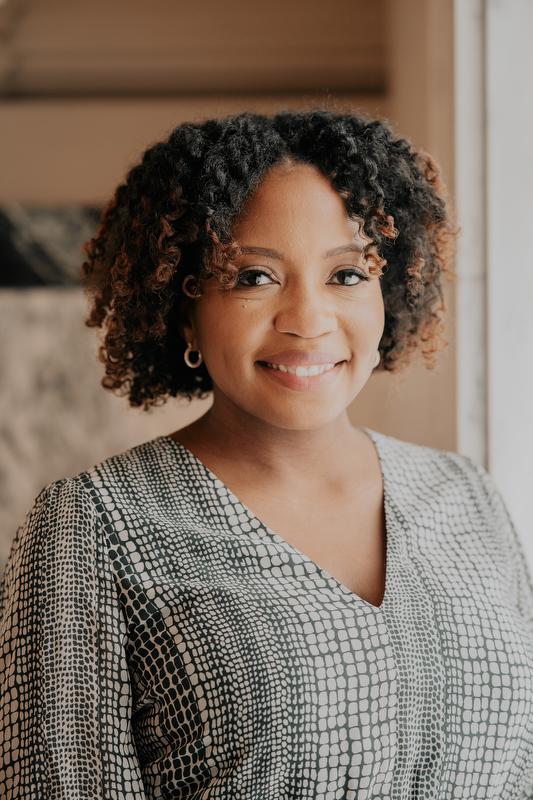 News
News
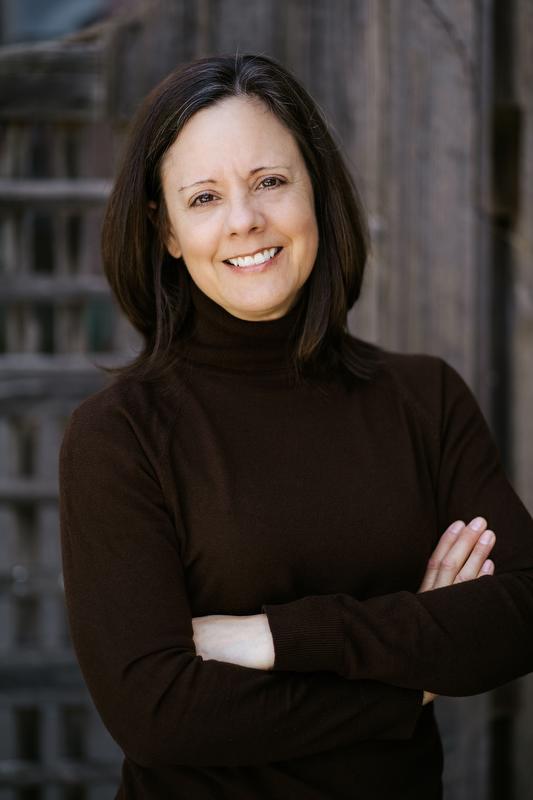 News
News
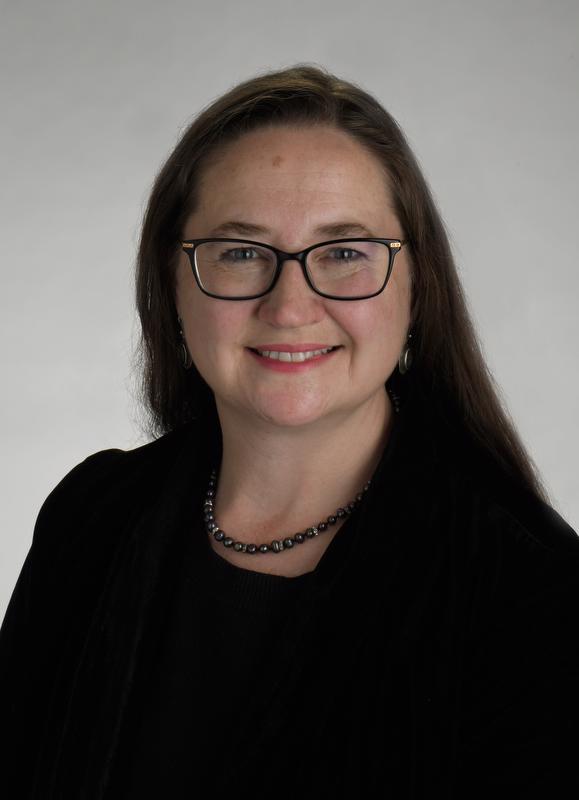 News
News
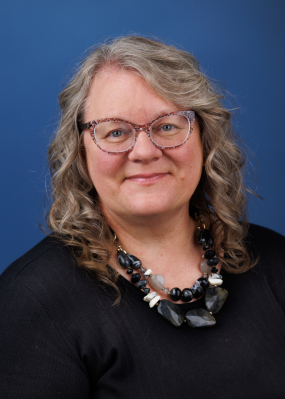 Funded Projects · News
Funded Projects · News
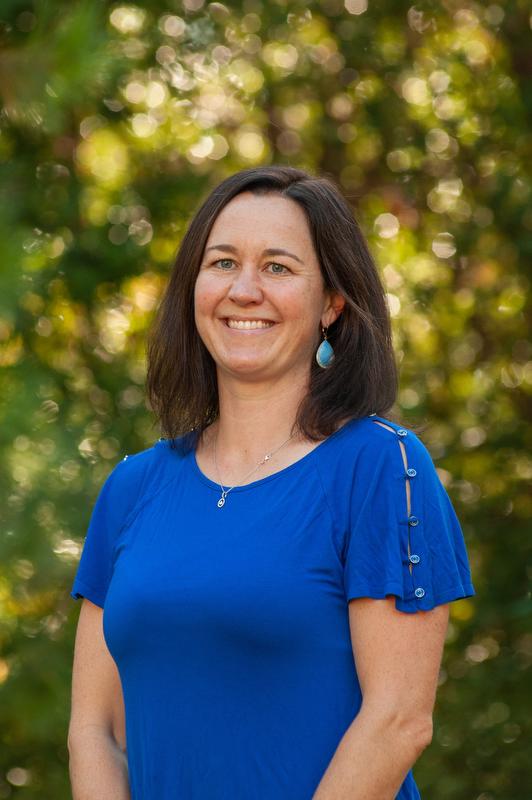 Funded Projects · News
Funded Projects · News
 KL2 Scholar · News
KL2 Scholar · News
 News
News
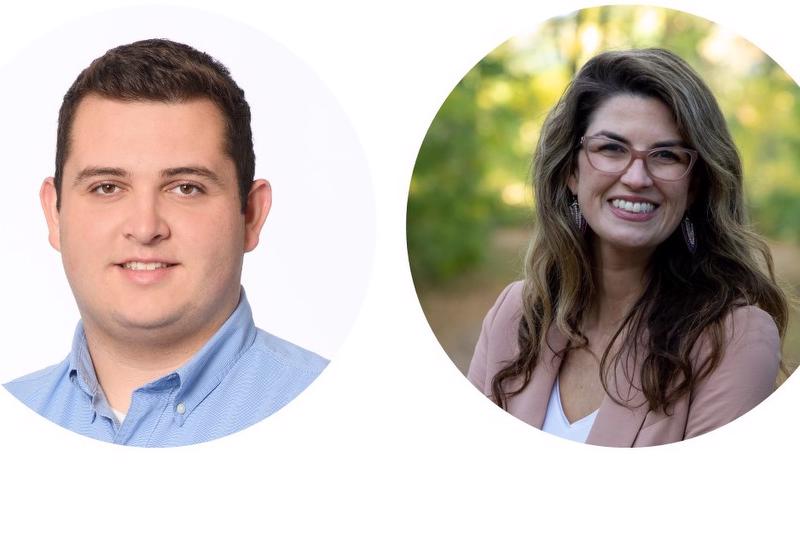 News
News
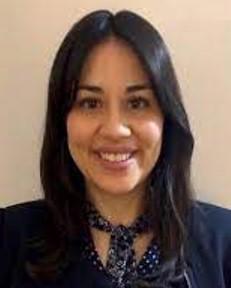 KL2 Scholar · News
KL2 Scholar · News
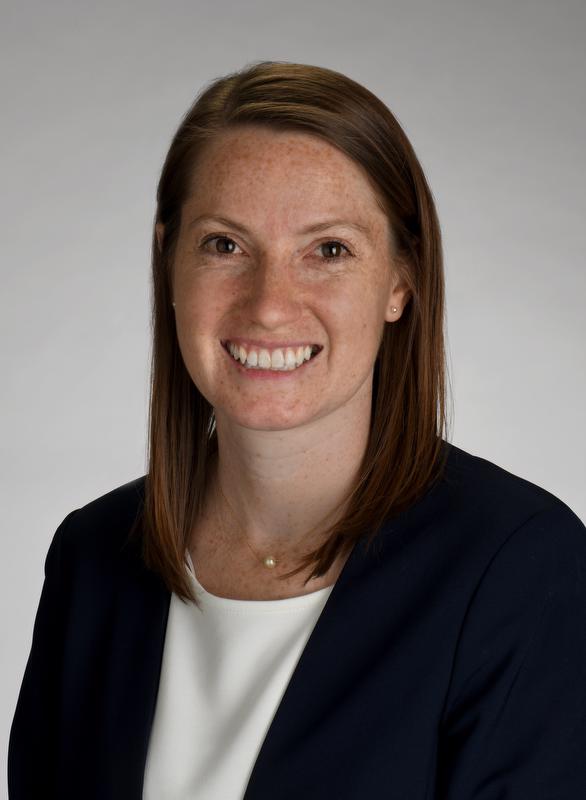 KL2 Scholar
KL2 Scholar
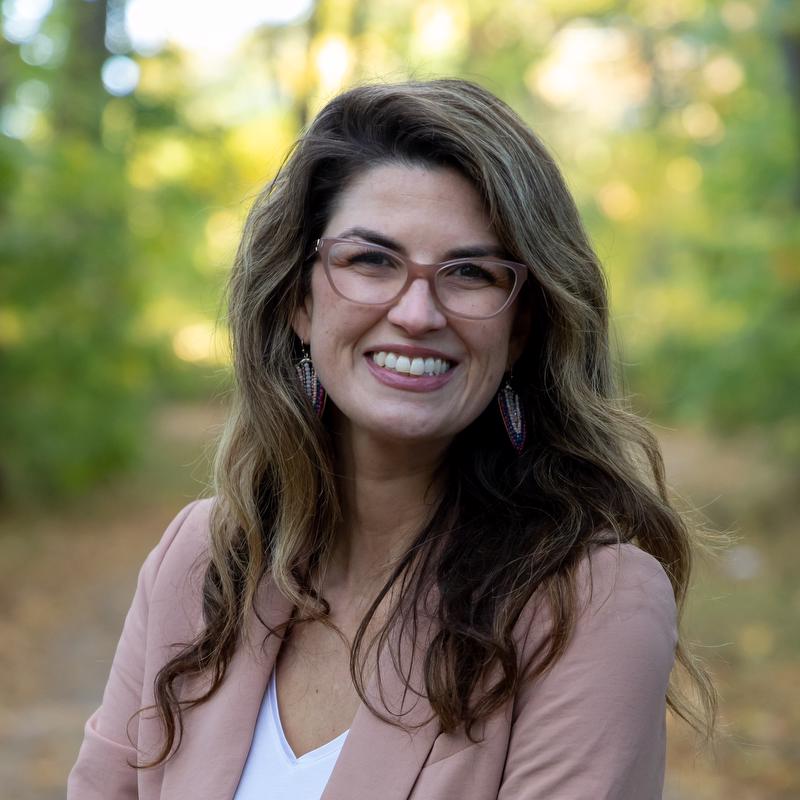 News
News
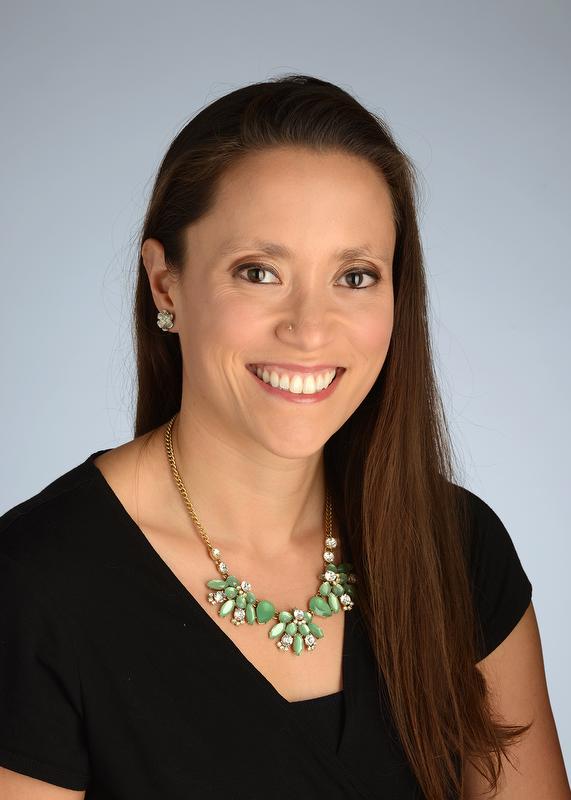 News
News
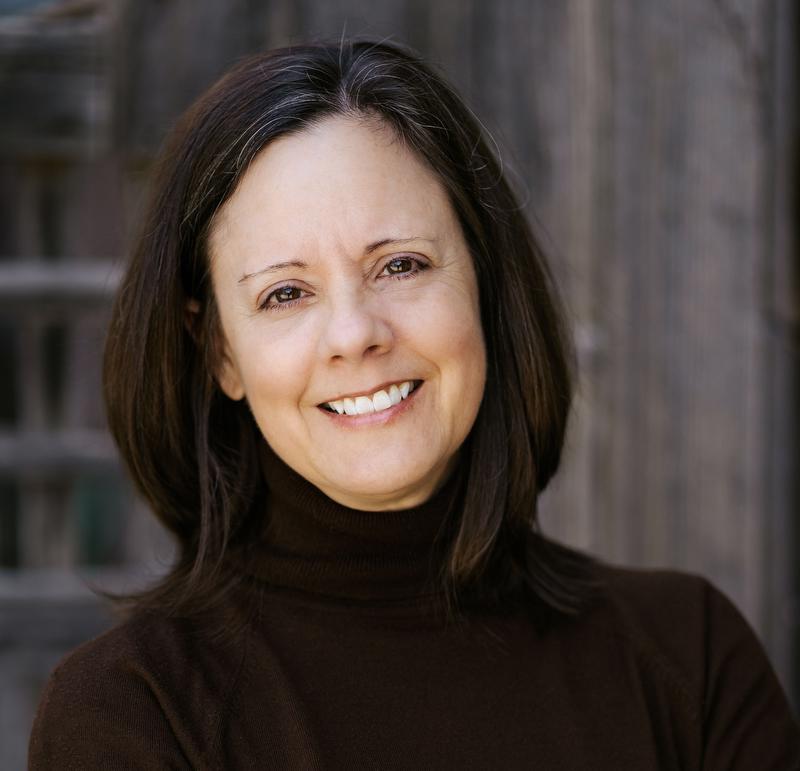 KL2 Scholar · News
KL2 Scholar · News
 News
News
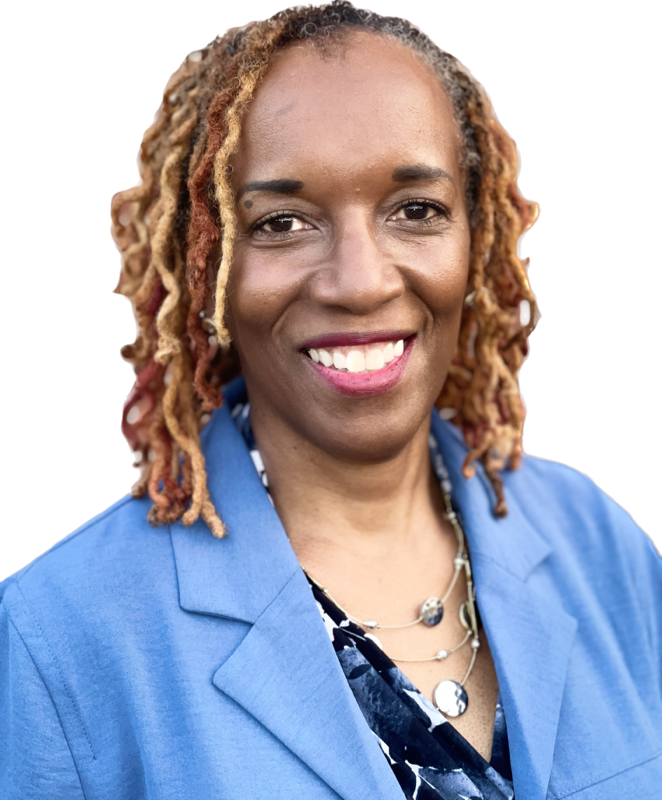 News · In the Community · Funded Projects
News · In the Community · Funded Projects
 Funded Projects · News
Funded Projects · News
 Funded Projects · News
Funded Projects · News
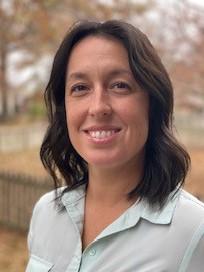 Funded Projects · News
Funded Projects · News
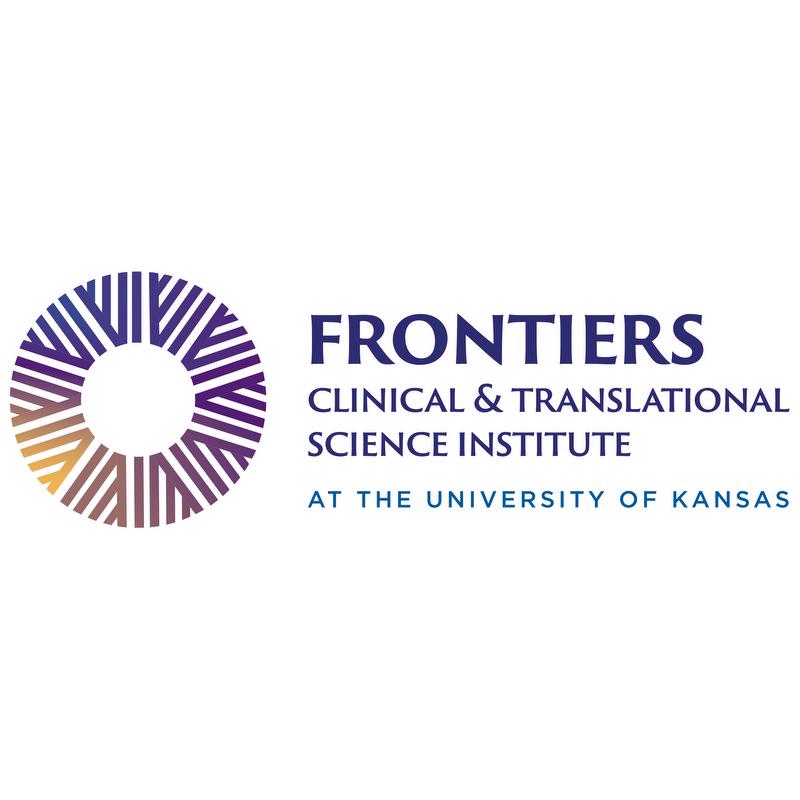 Funded Projects · News
Funded Projects · News
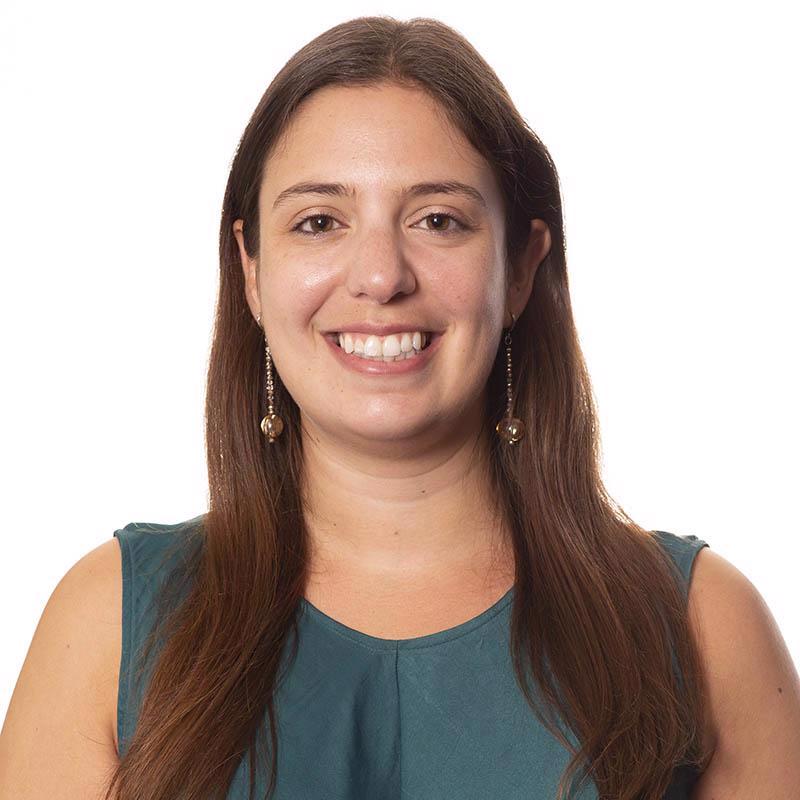 News
News
 Funded Projects · News
Funded Projects · News

 TL1 Trainee · News
TL1 Trainee · News
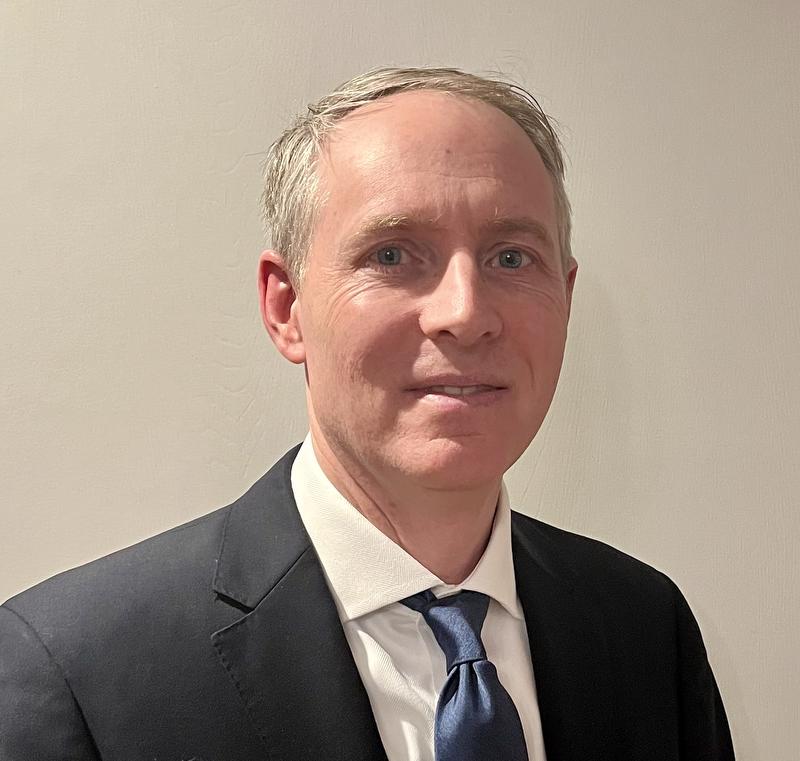 Funded Projects · News
Funded Projects · News
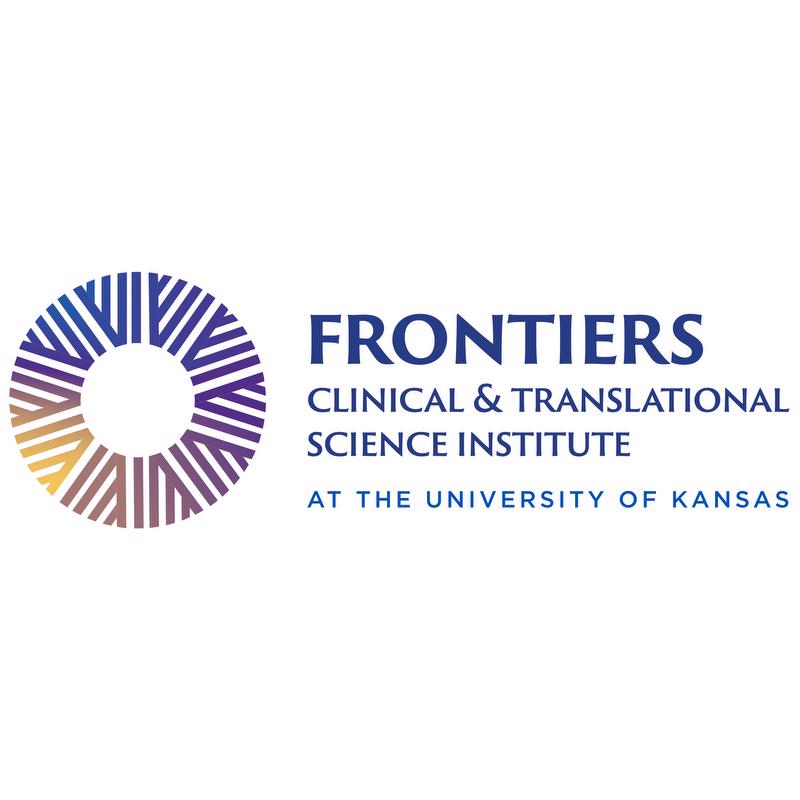 Events · News
Events · News
 Funded Projects · News
Funded Projects · News
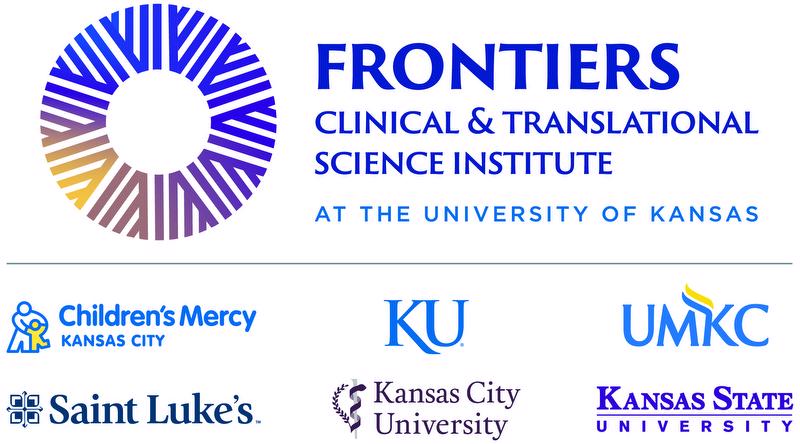
 Funded Projects · News
Funded Projects · News
 TL1 Trainee · News
TL1 Trainee · News
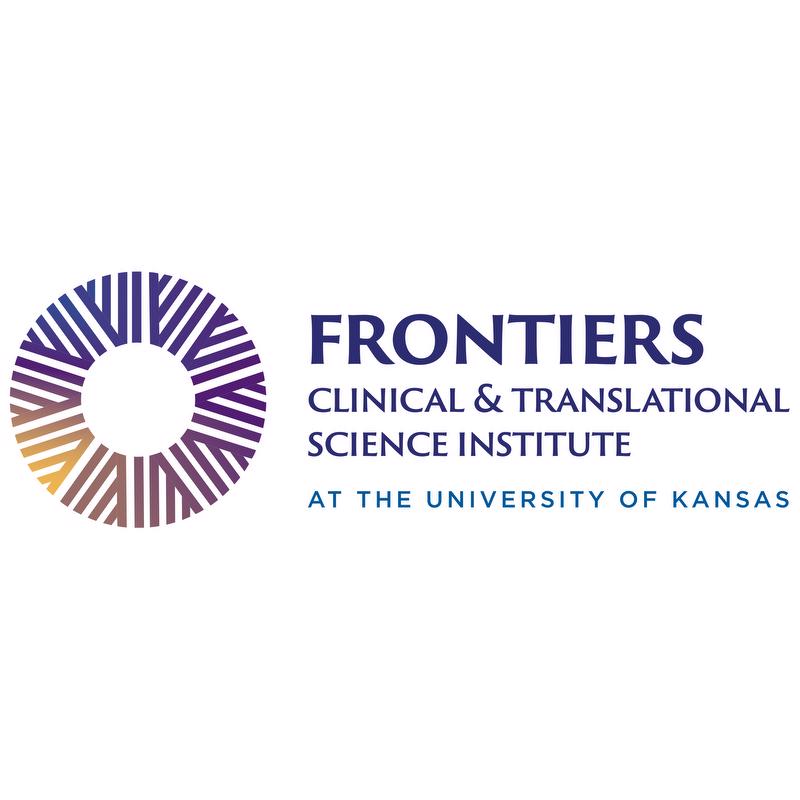 News · In the Community · Funded Projects
News · In the Community · Funded Projects
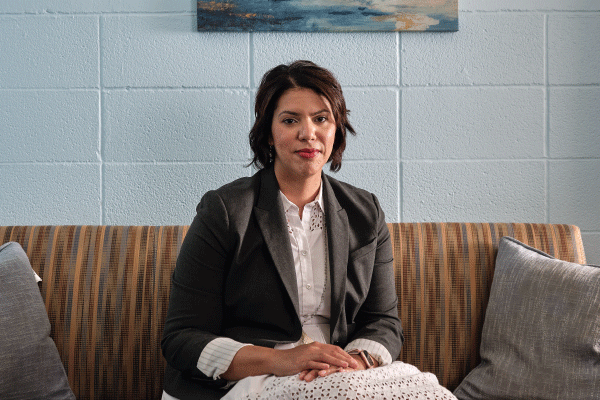 Funded Projects · News
Funded Projects · News
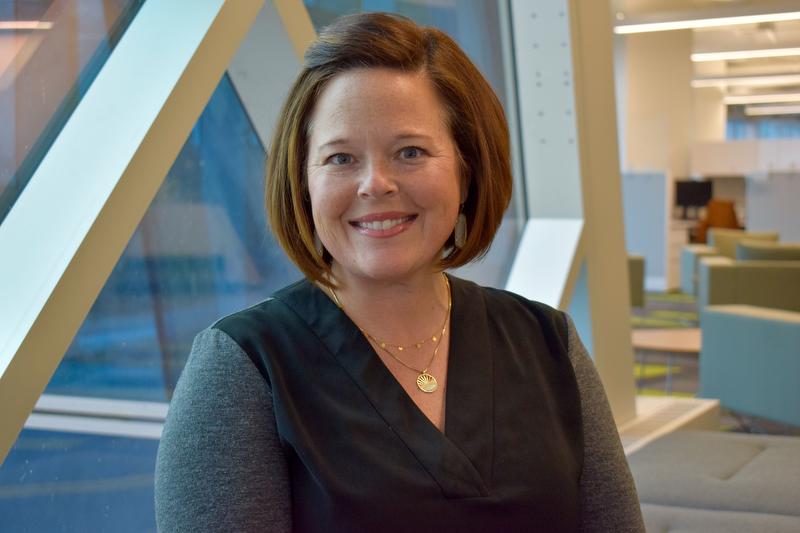 KL2 Scholar · News
KL2 Scholar · News
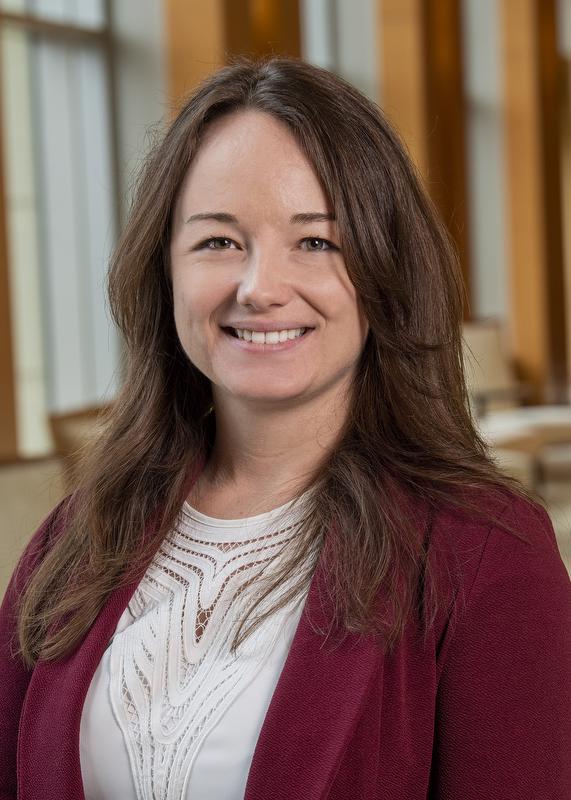 TL1 Trainee · News
TL1 Trainee · News
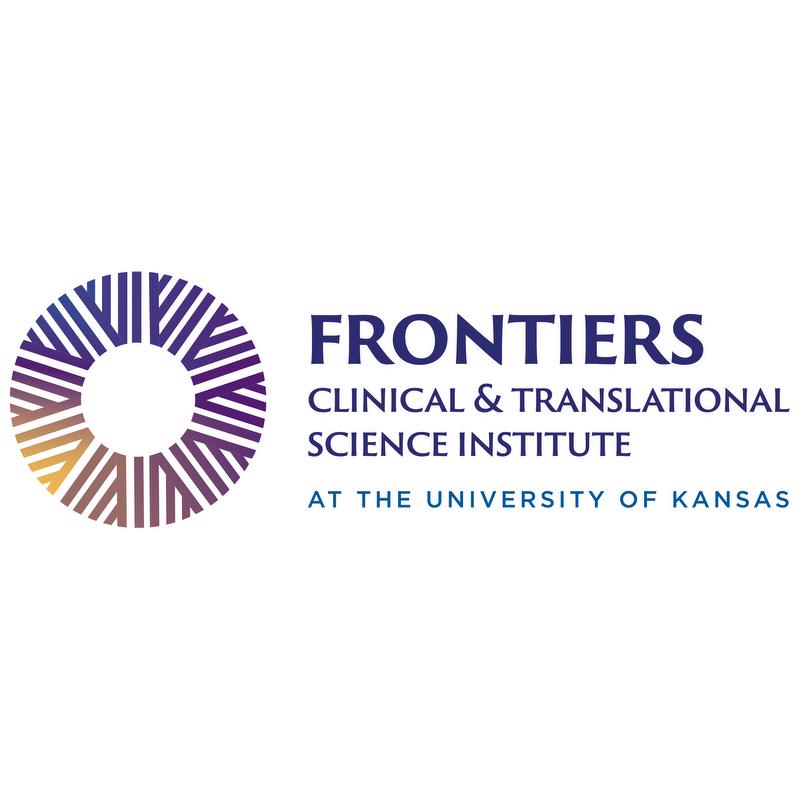 News
News
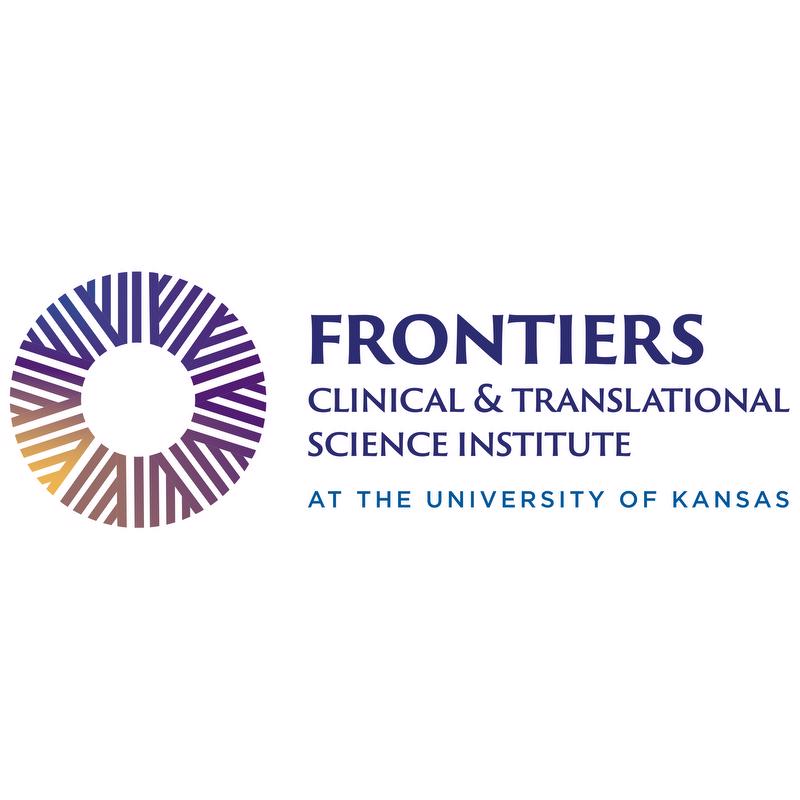 News
News
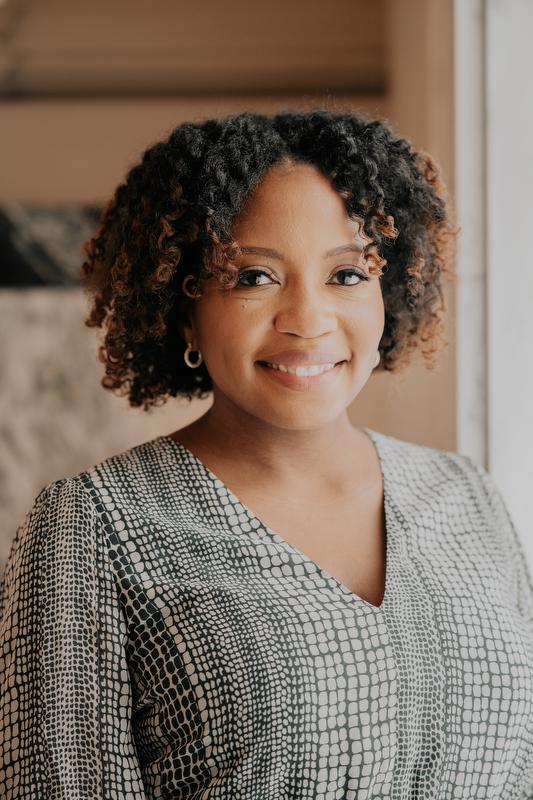 KL2 Scholar · News
KL2 Scholar · News
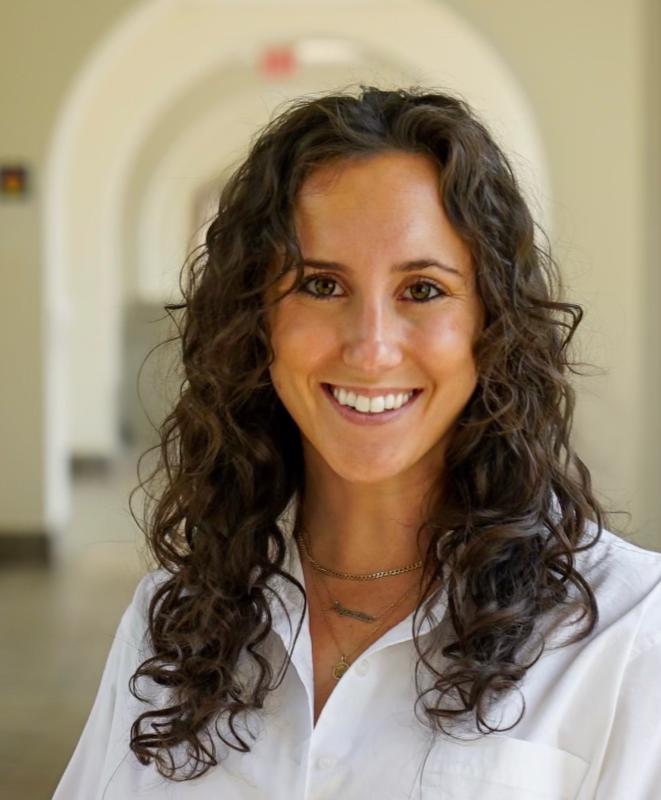 TL1 Trainee · News
TL1 Trainee · News
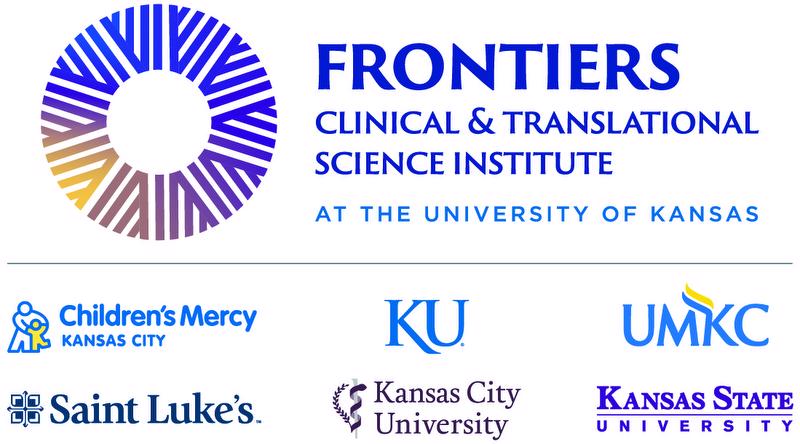 News
News
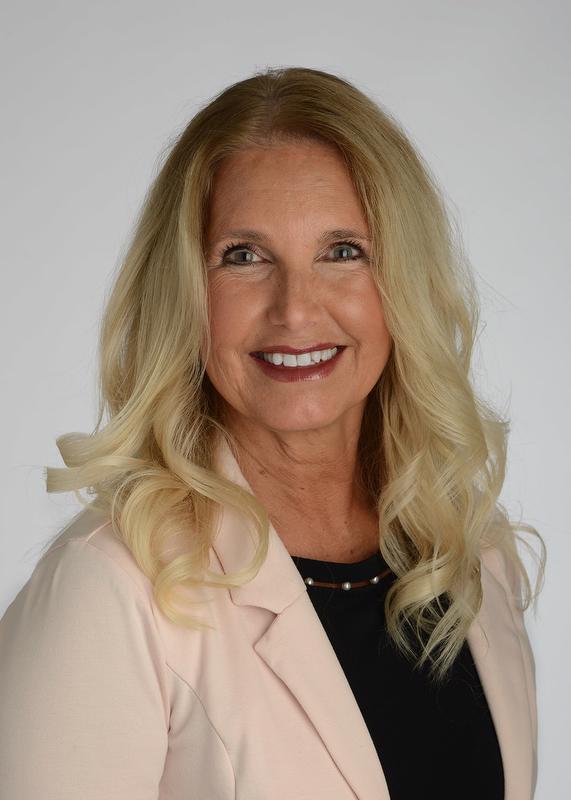 News
News
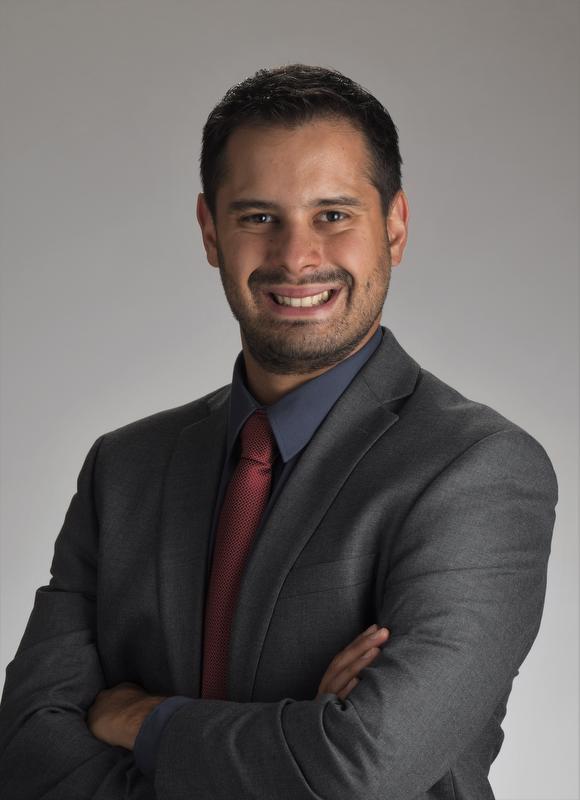 Funded Projects · News
Funded Projects · News
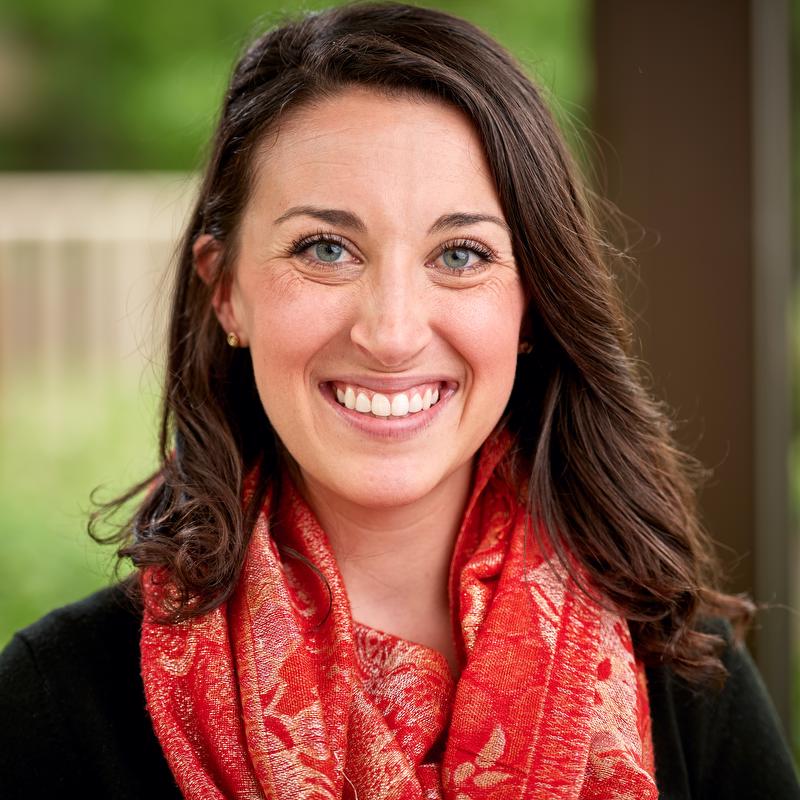 Events · News
Events · News
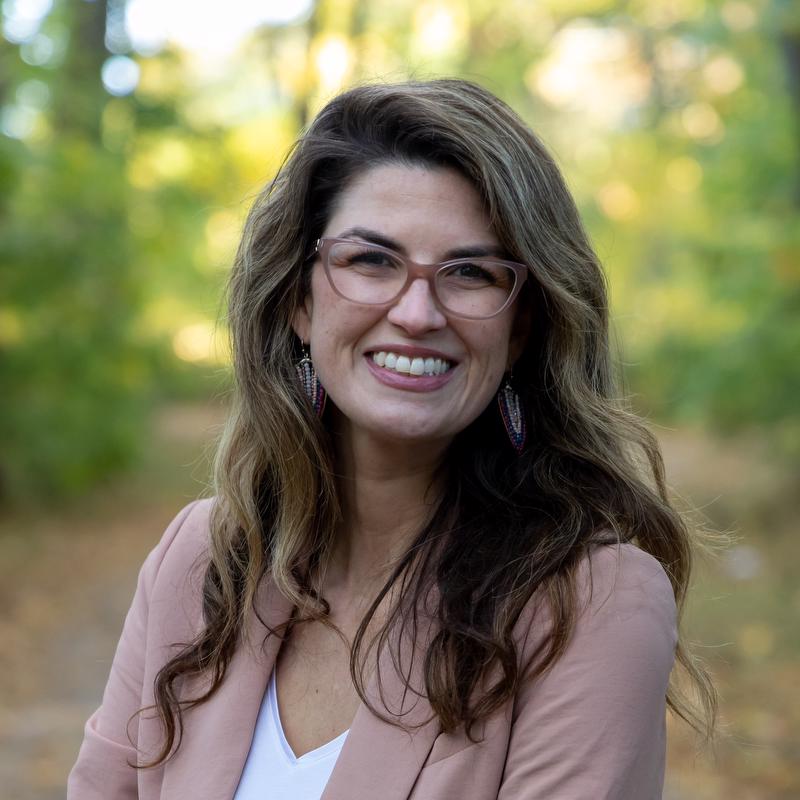
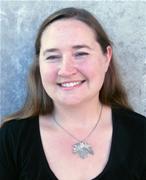 KL2 Scholar · News
KL2 Scholar · News
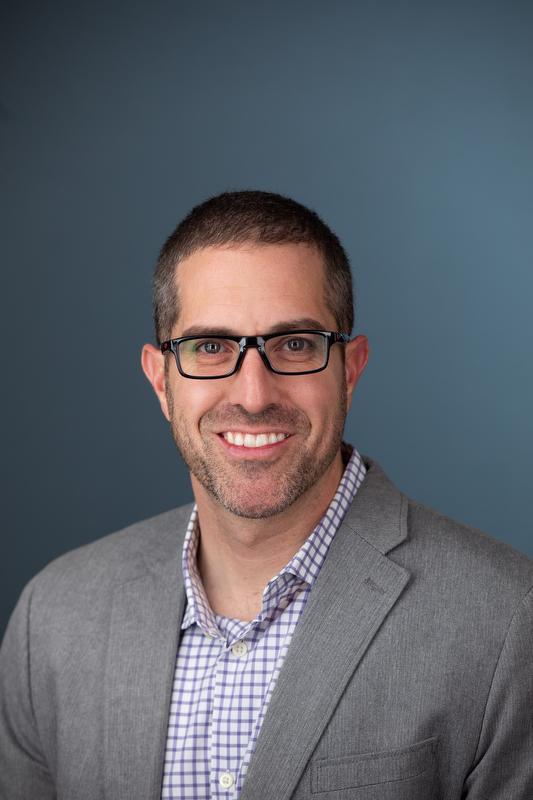 News
News

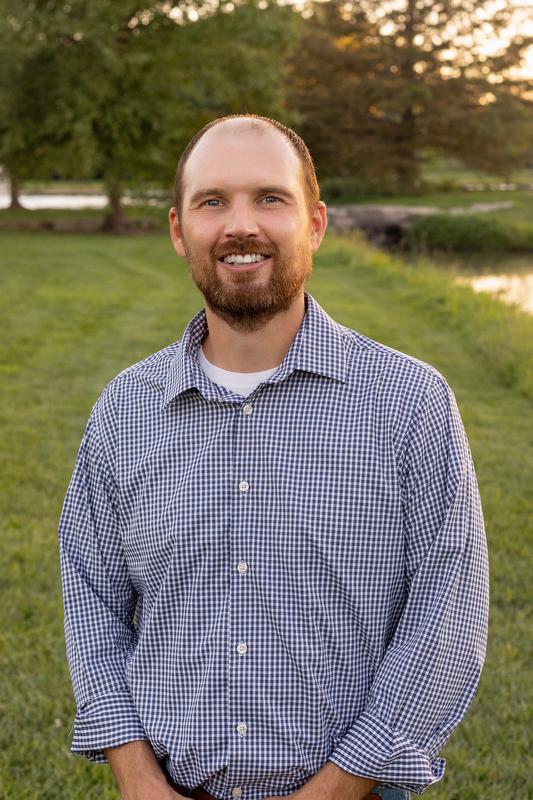 Funded Projects · News
Funded Projects · News
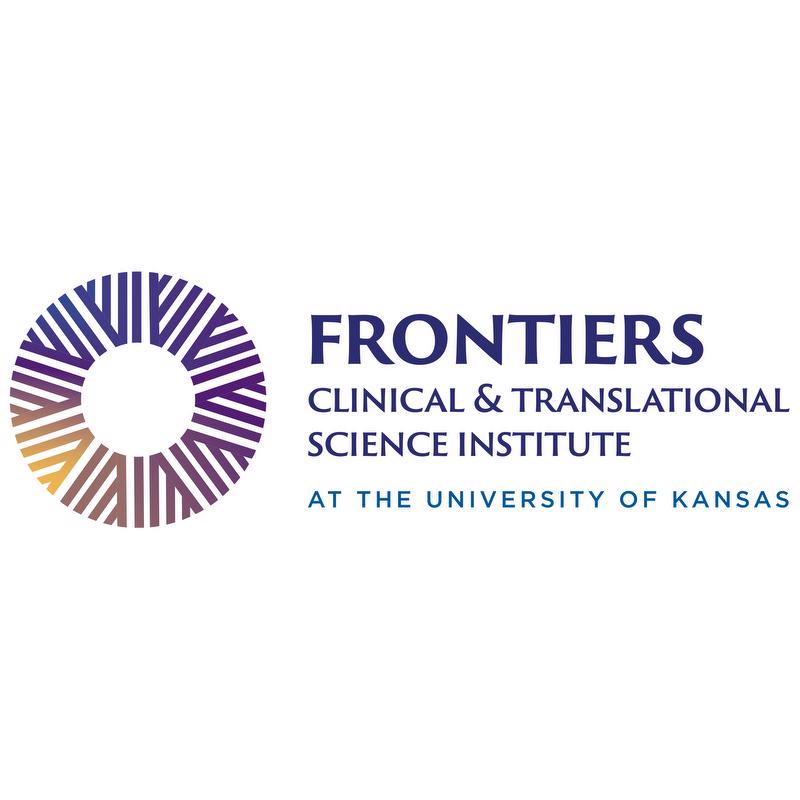 News
News
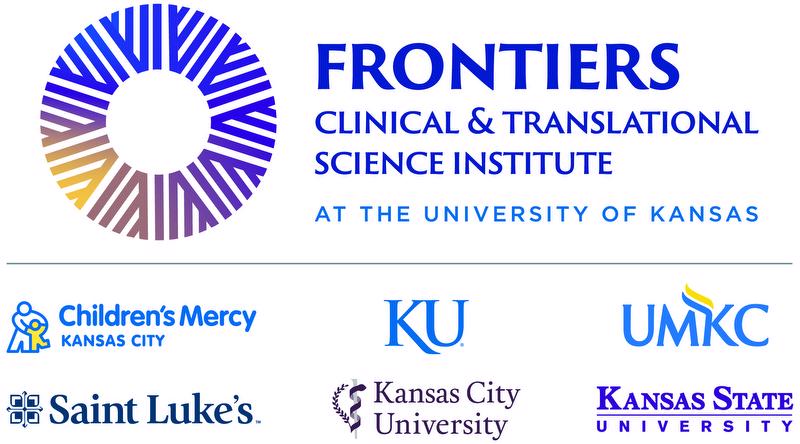 Partner News · News
Partner News · News
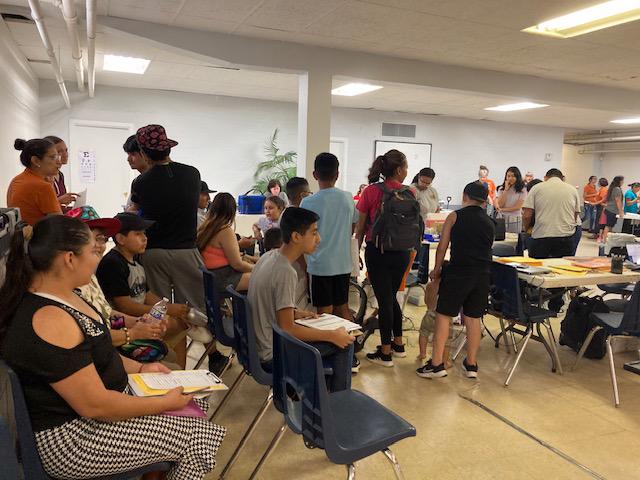 News · In the Community
News · In the Community
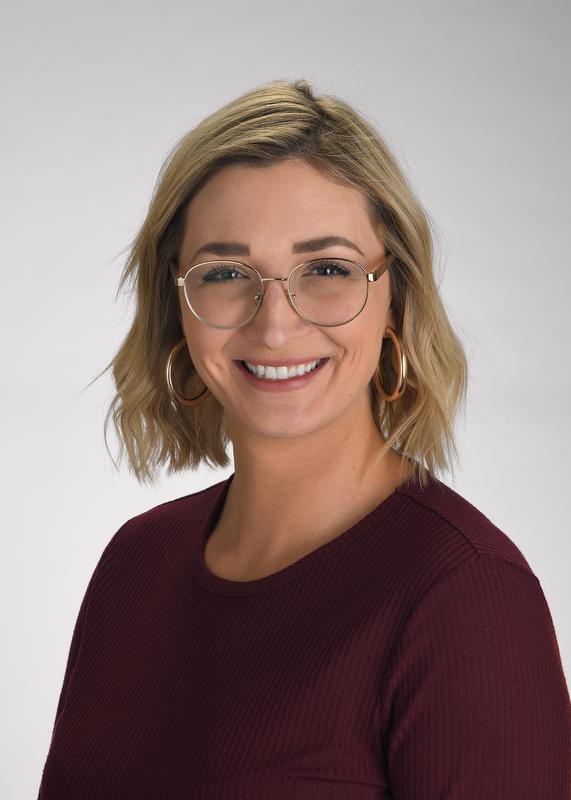
 0
0

 Funded Projects · News
Funded Projects · News
 Funded Projects · News
Funded Projects · News
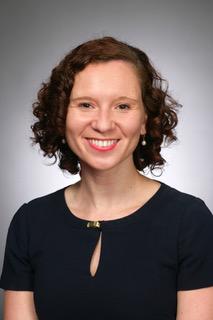 News
News
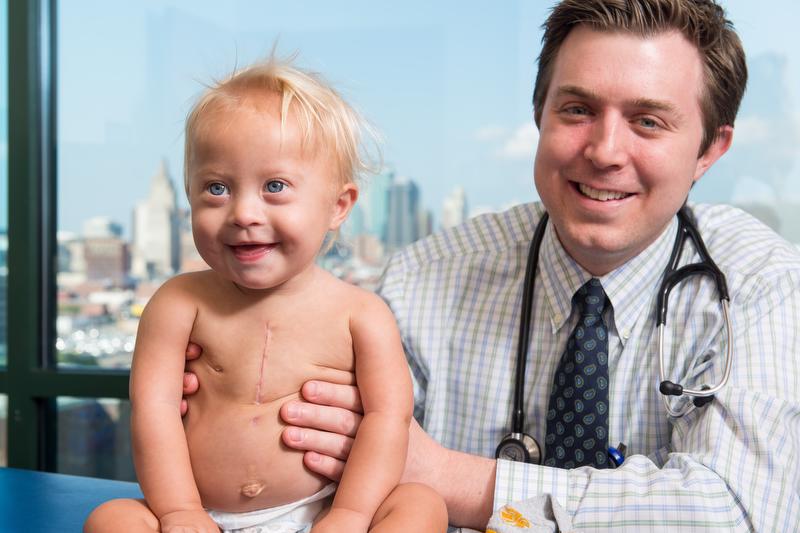 Funded Projects · News
Funded Projects · News
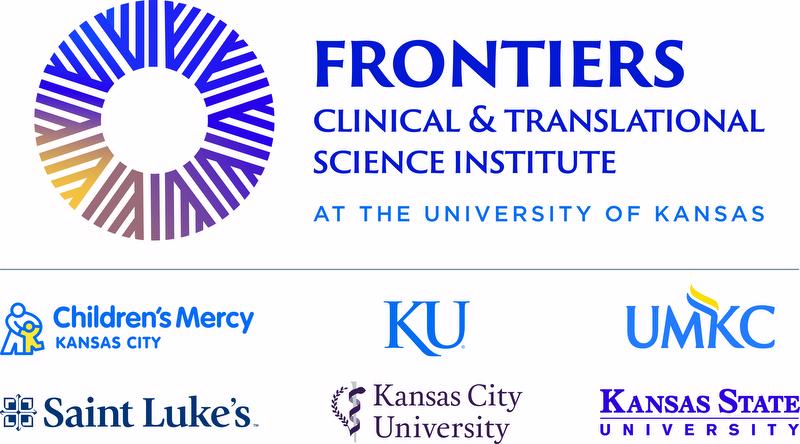 Funded Projects · News
Funded Projects · News
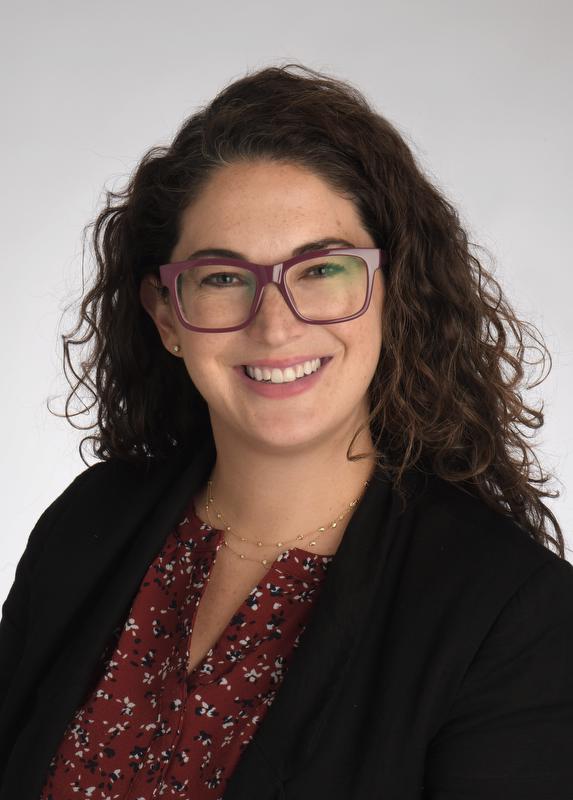 News
News
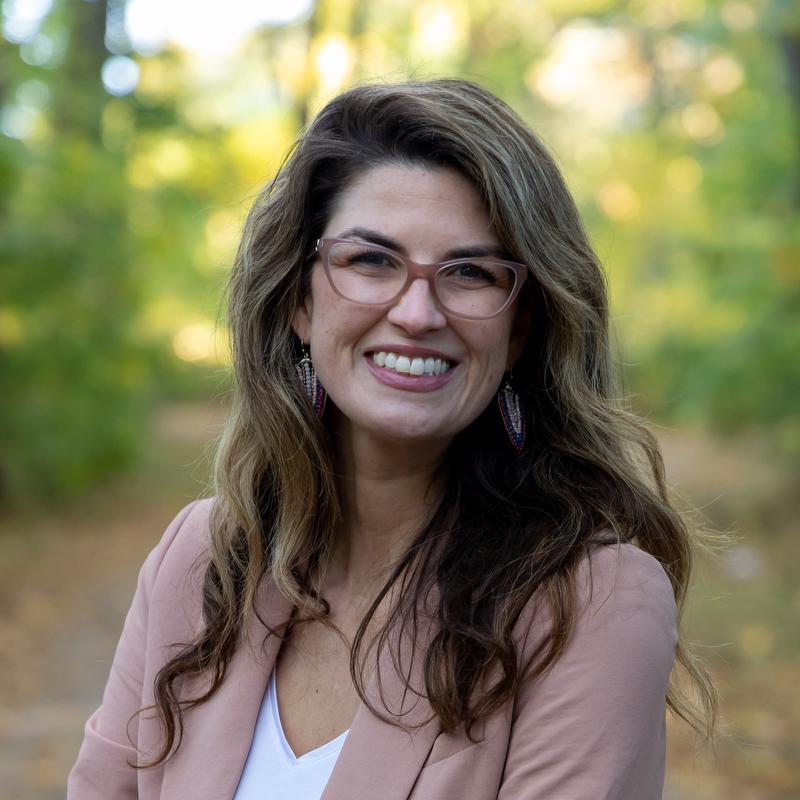 Events · News
Events · News
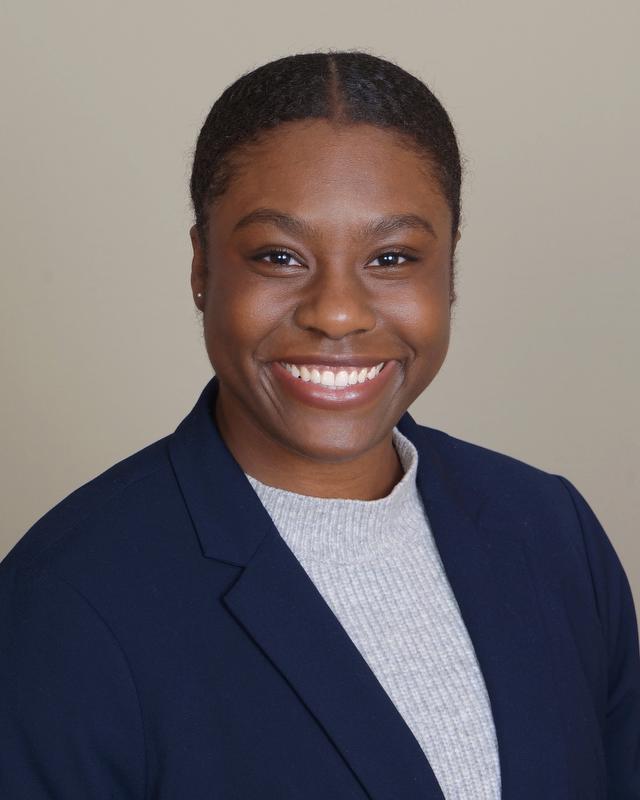 TL1 Trainee · News
TL1 Trainee · News
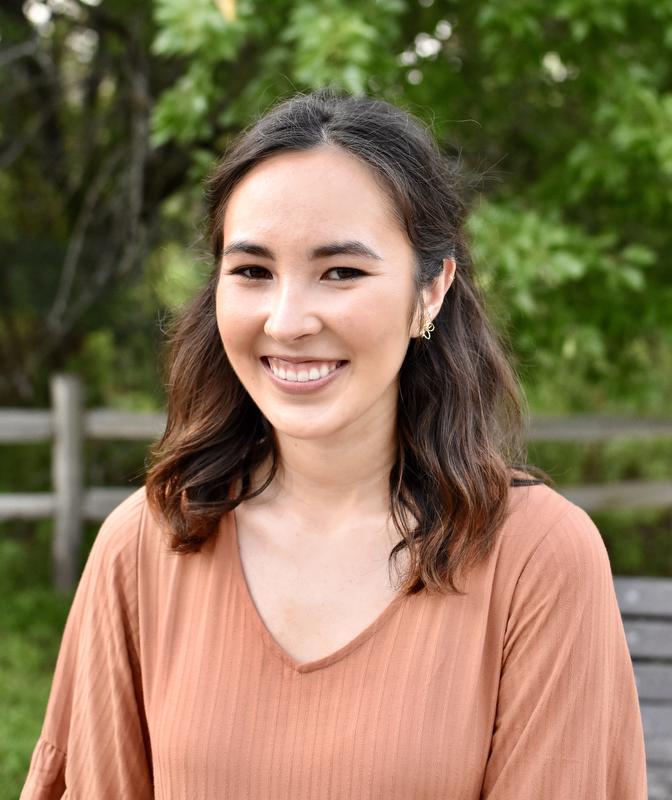 TL1 Trainee · News
TL1 Trainee · News
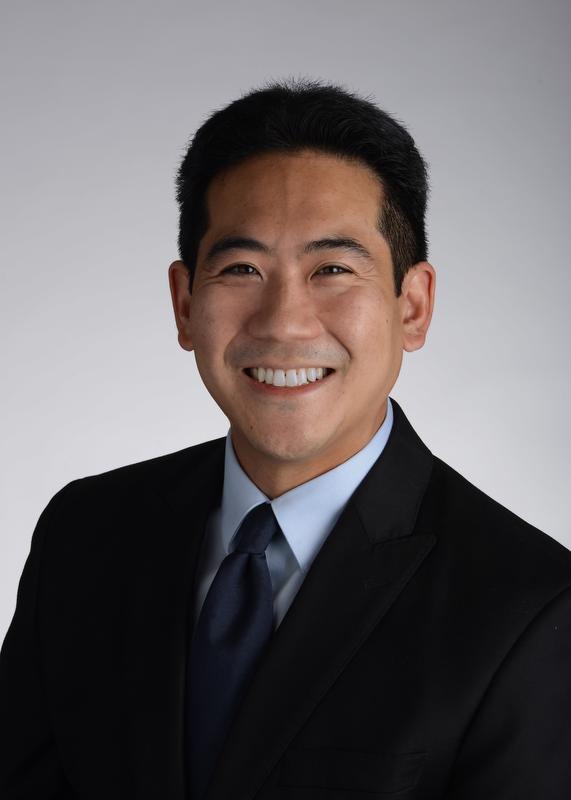 News
News
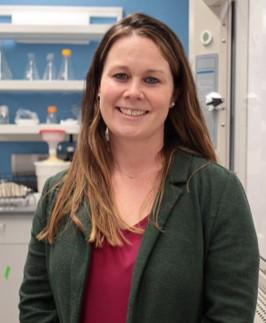 Funded Projects · News
Funded Projects · News
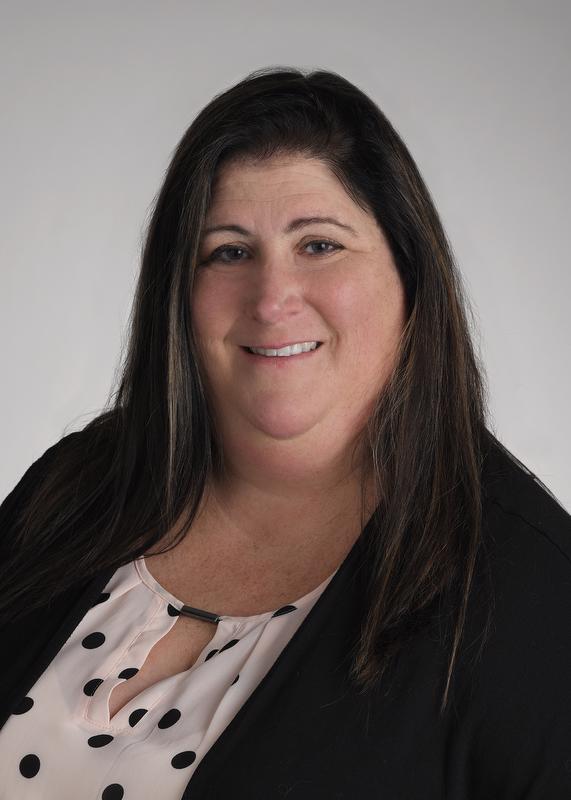 News
News
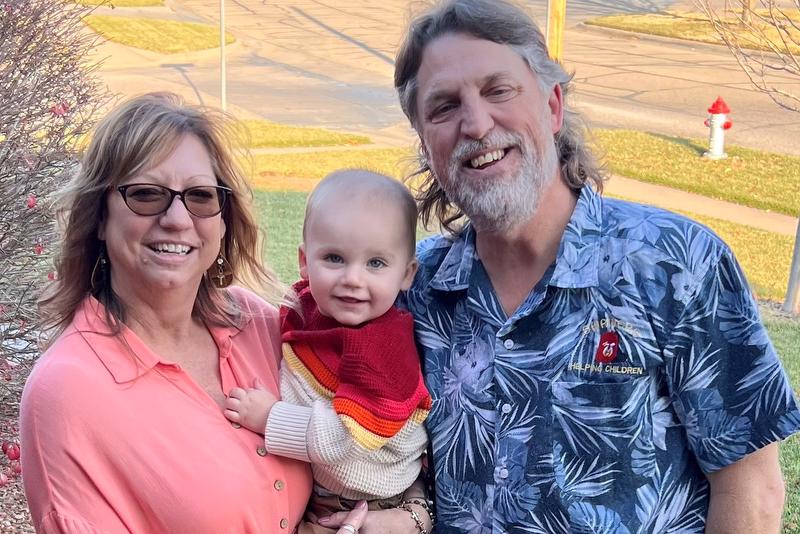 Partner News · News
Partner News · News
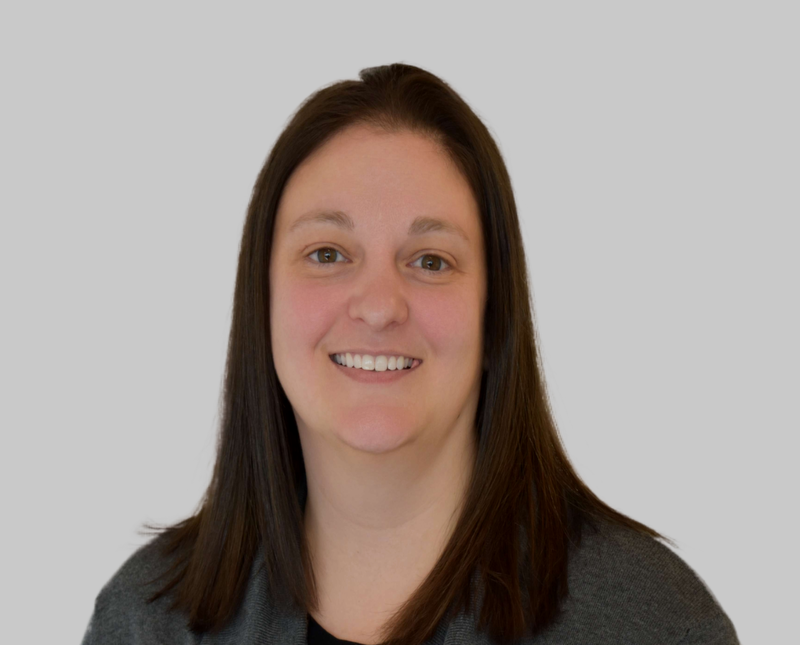 TL1 Trainee · News
TL1 Trainee · News
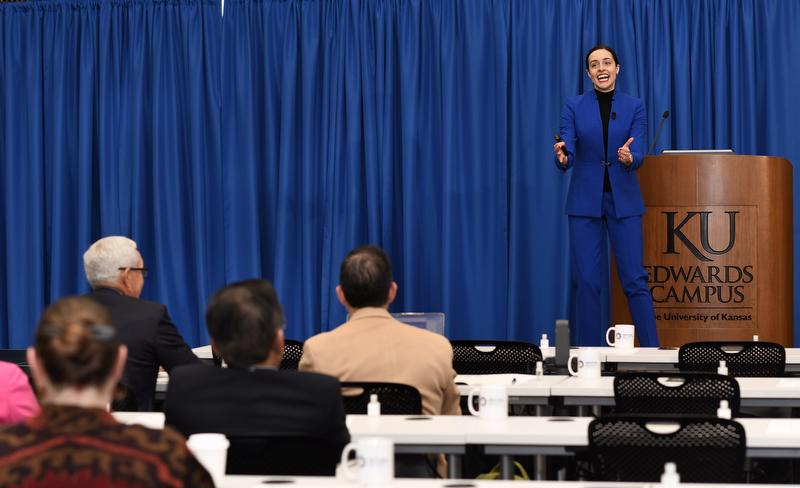 Events · News
Events · News
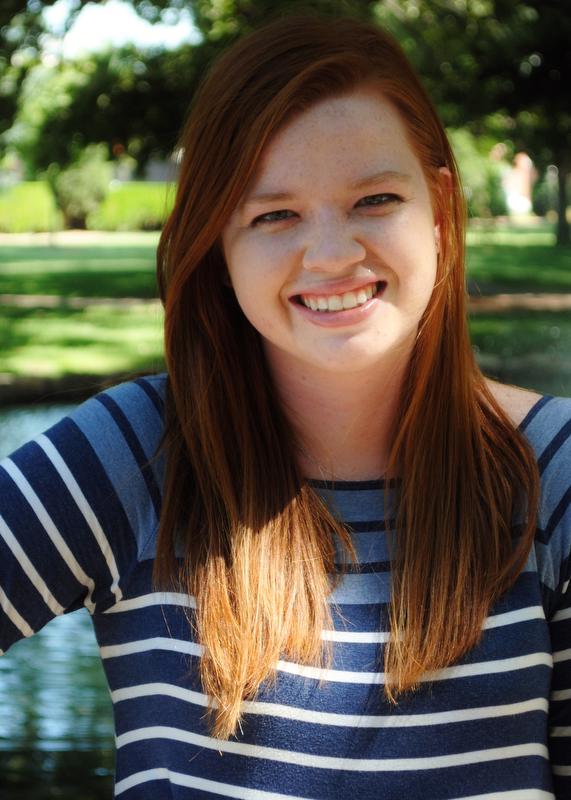 KL2 Scholar · News
KL2 Scholar · News
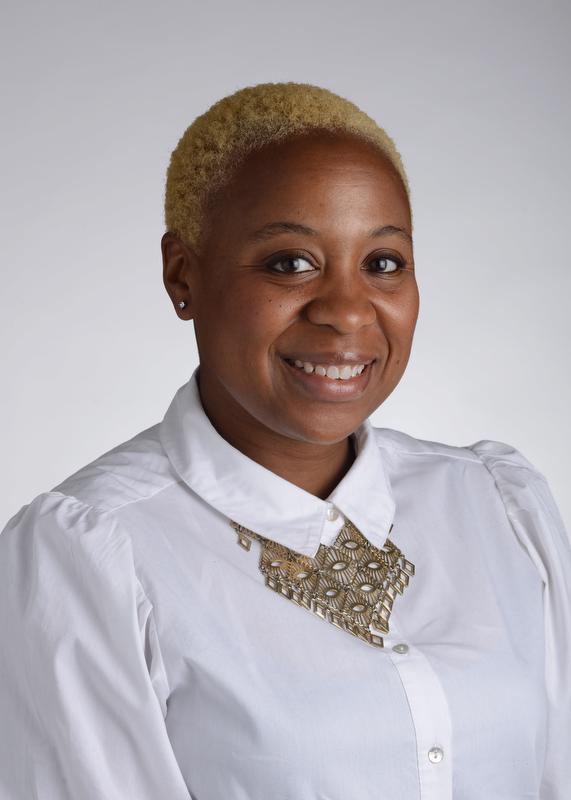 News
News
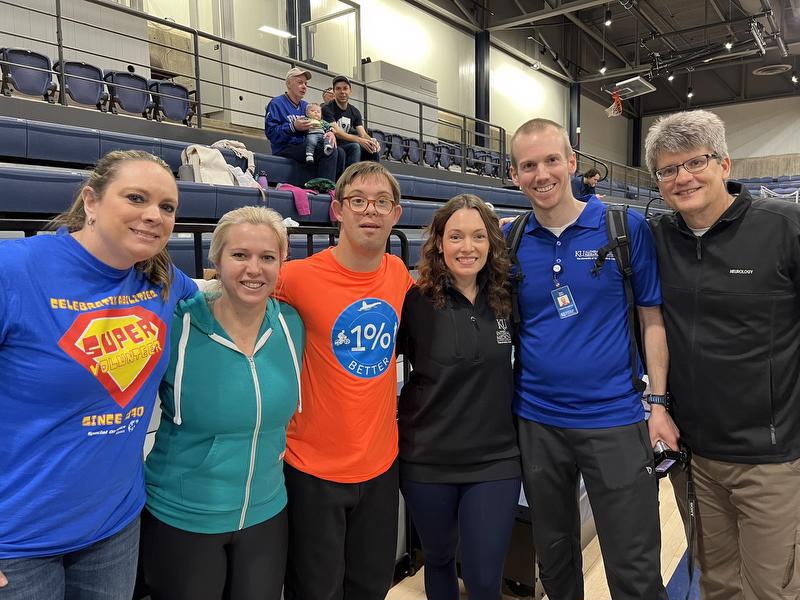 TL1 Trainee · News
TL1 Trainee · News
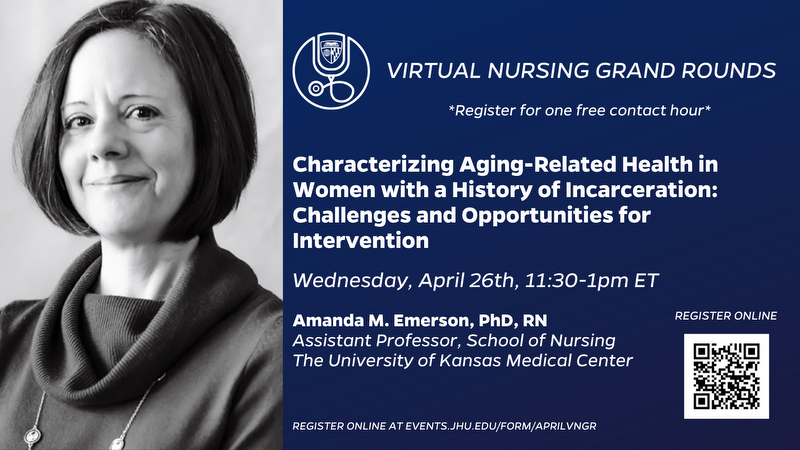 News · KL2 Scholar
News · KL2 Scholar
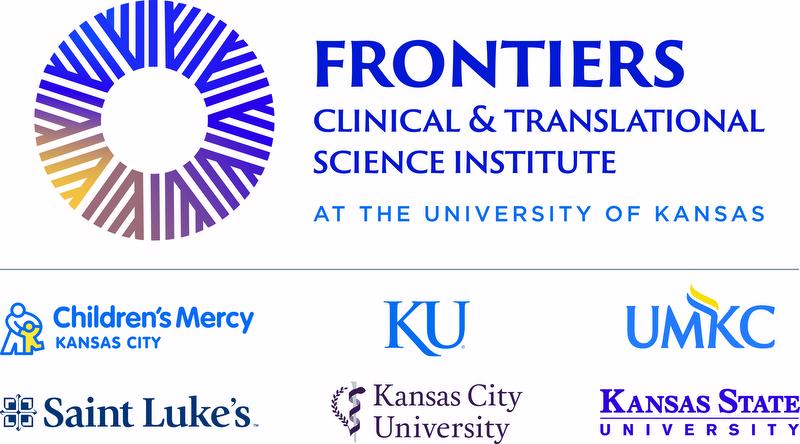
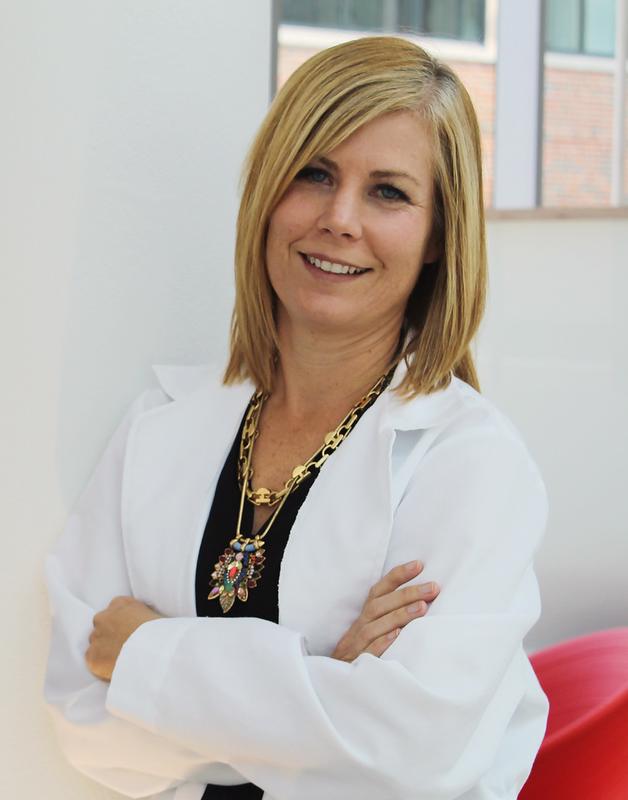 TL1 Trainee · News
TL1 Trainee · News
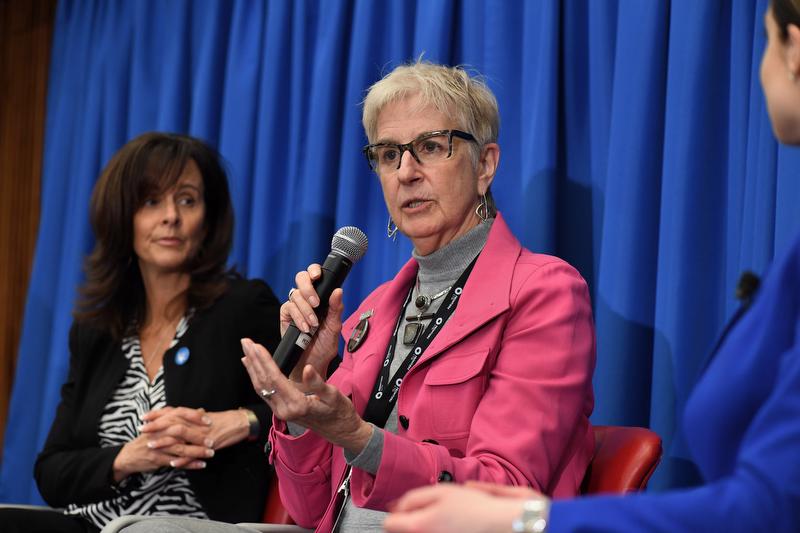 Events · News
Events · News
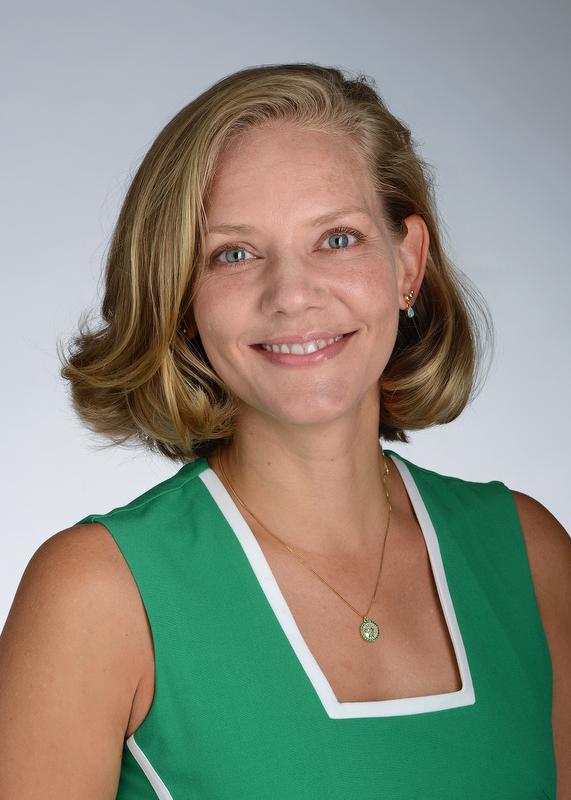 News
News
 News
News
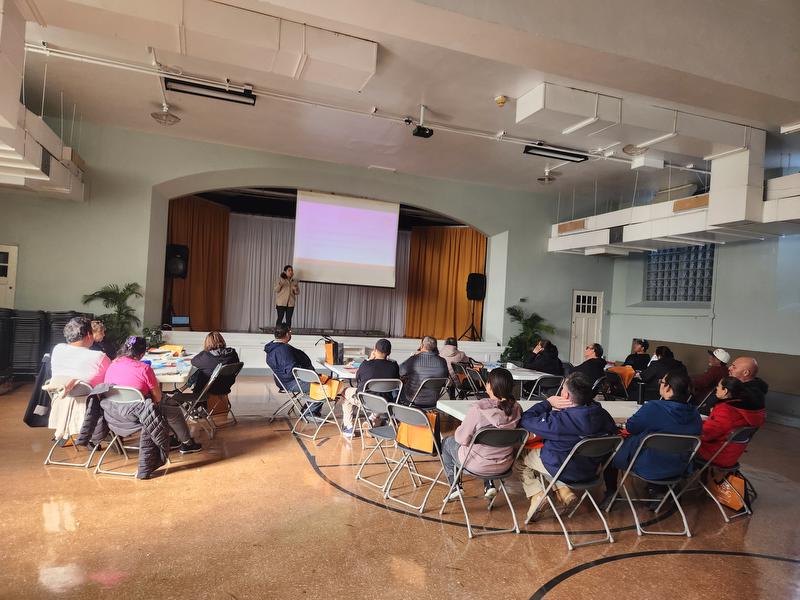

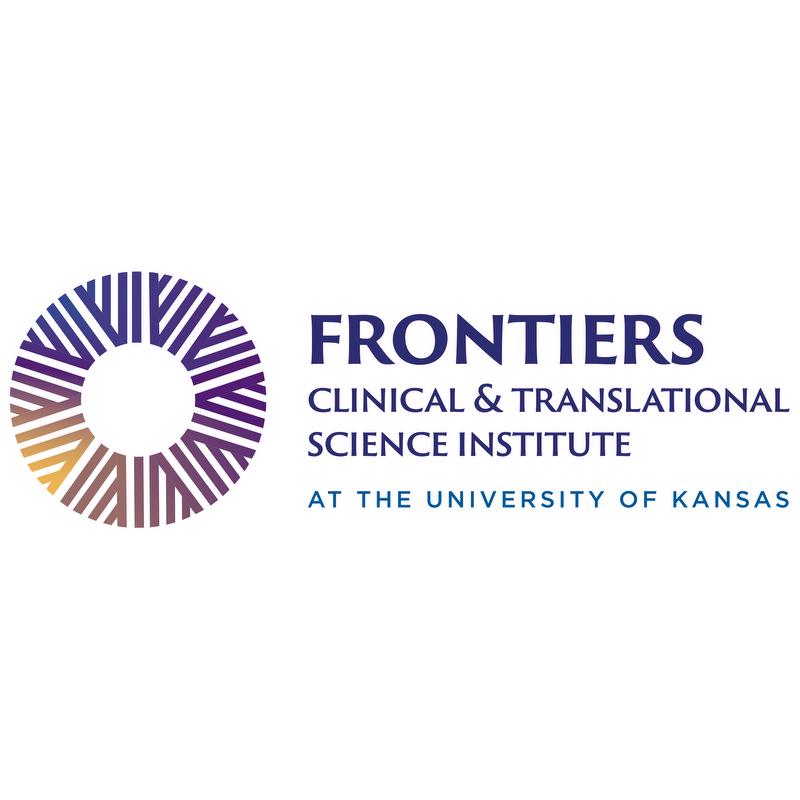 News
News
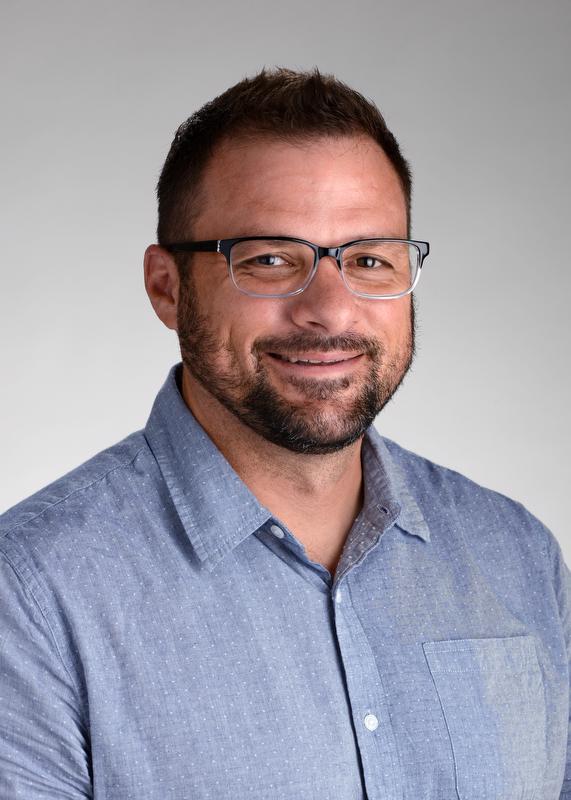
 40
40

 News
News
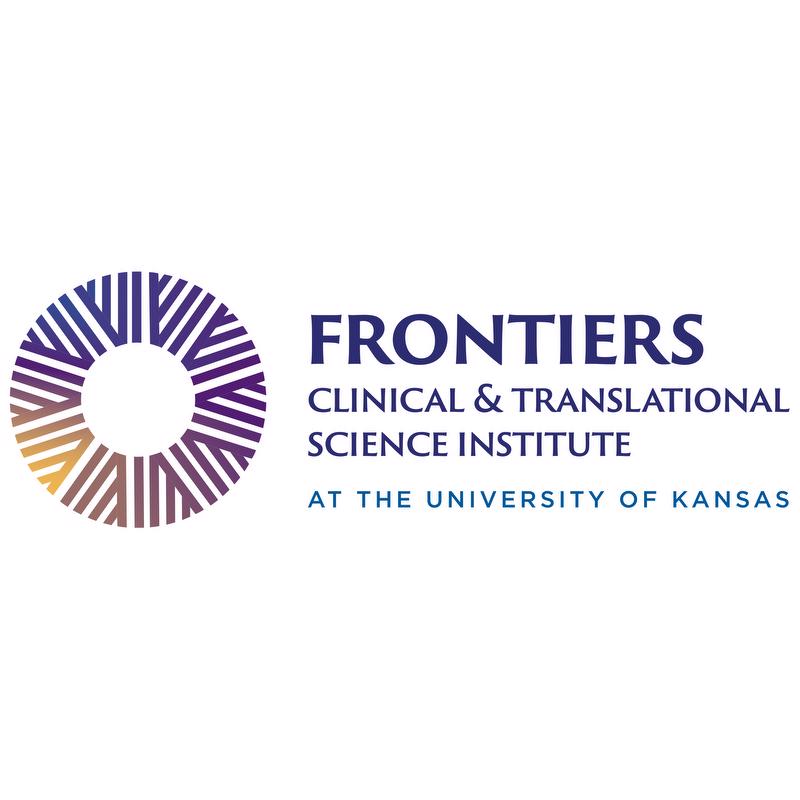 News
News
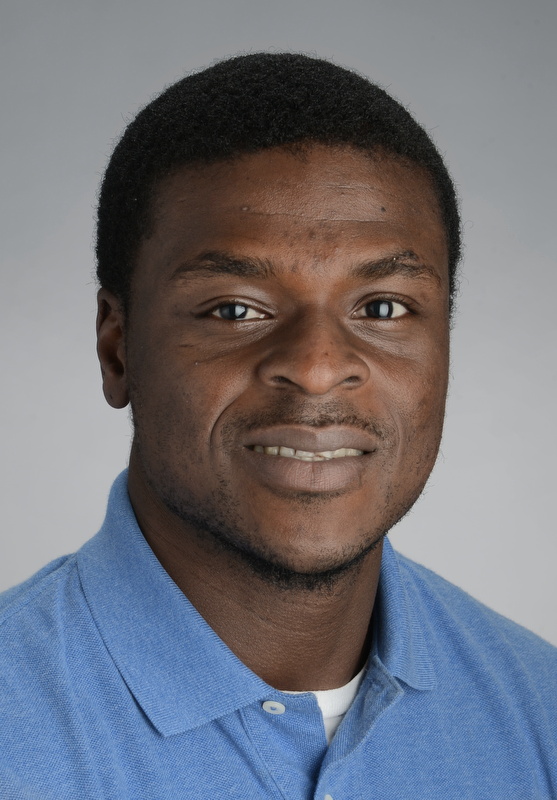 TL1 Trainee · News
TL1 Trainee · News
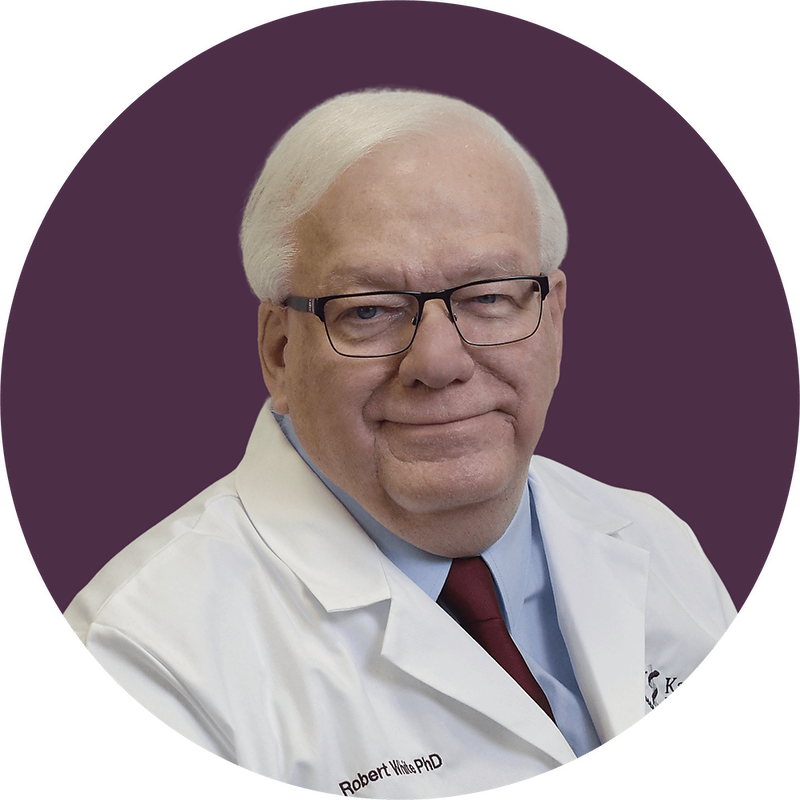 News
News
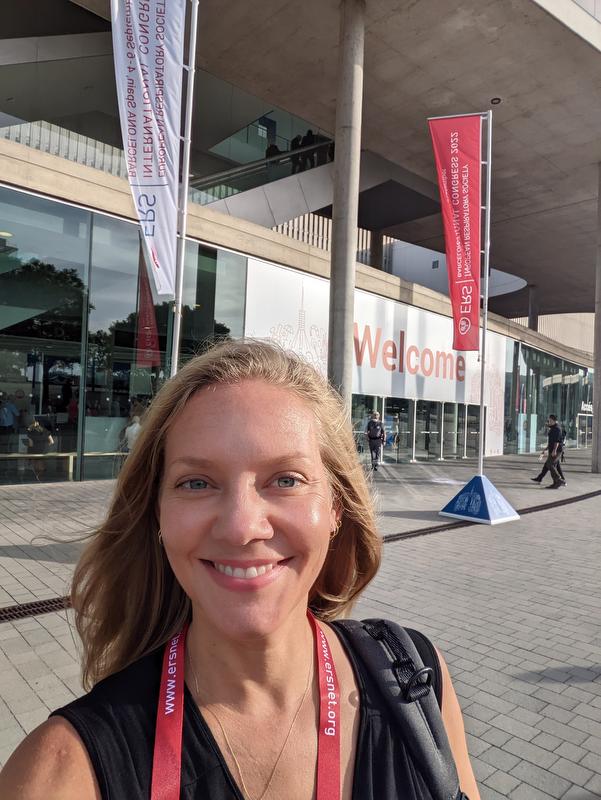 Funded Projects · News
Funded Projects · News
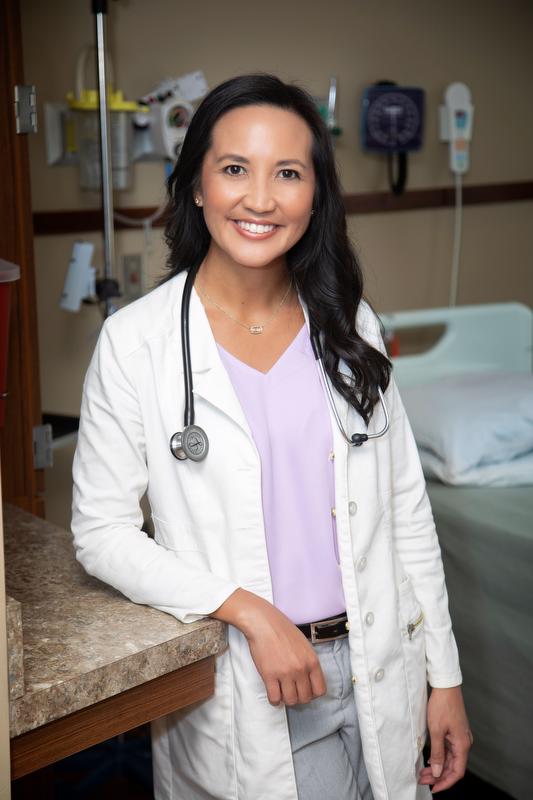 News · In the Community
News · In the Community
 Funded Projects · News
Funded Projects · News
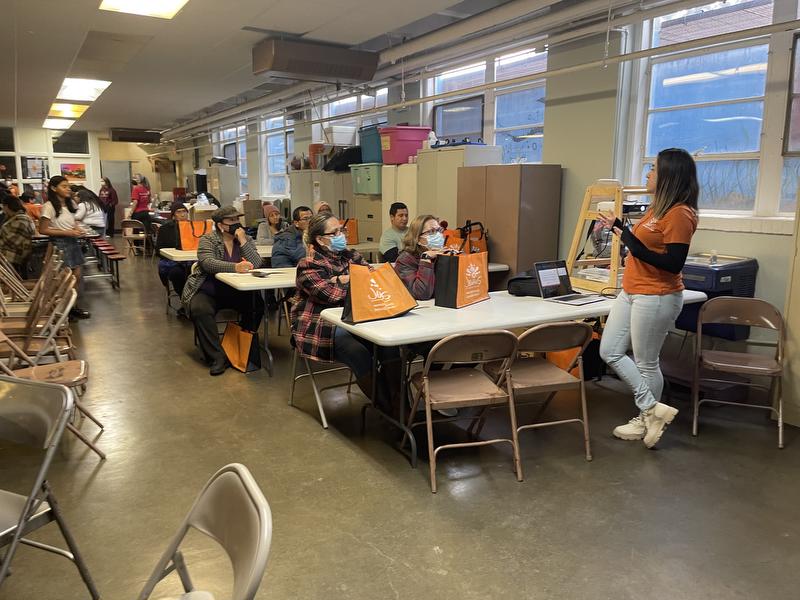 In the Community
In the Community
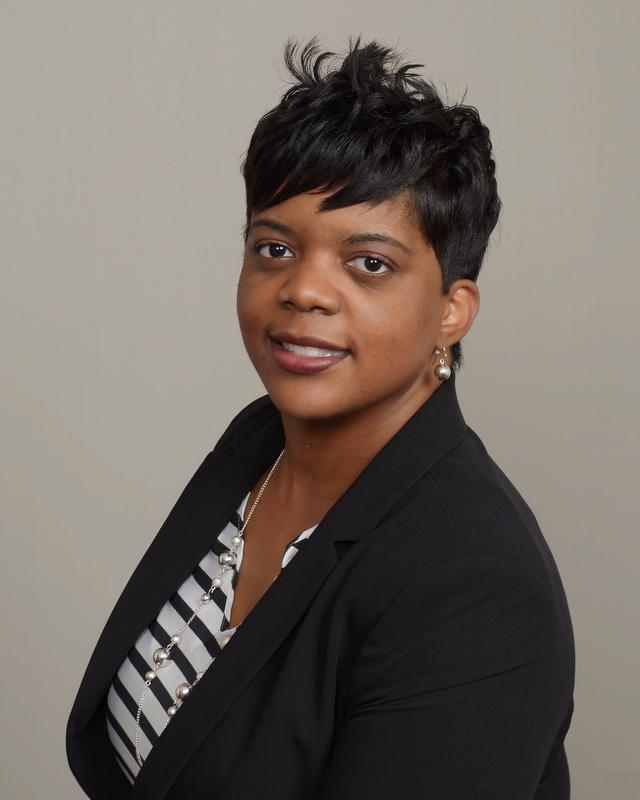 News · In the Community · Partner News
News · In the Community · Partner News
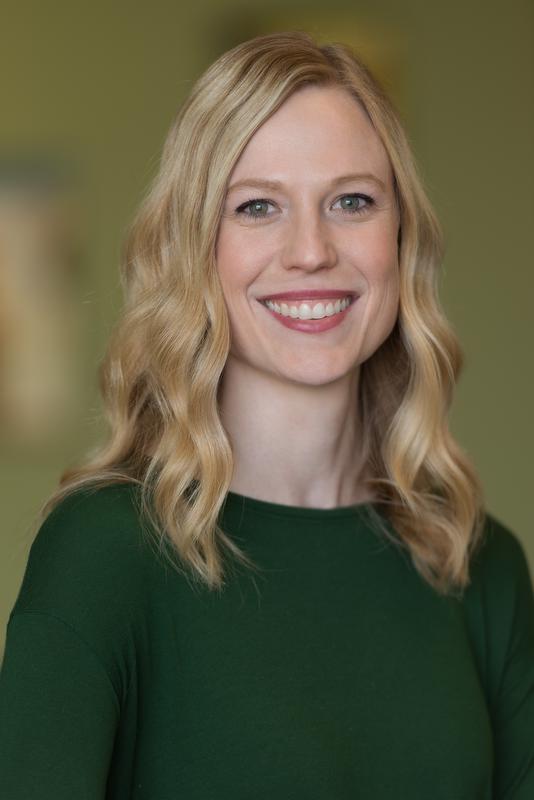 KL2 Scholar · News
KL2 Scholar · News
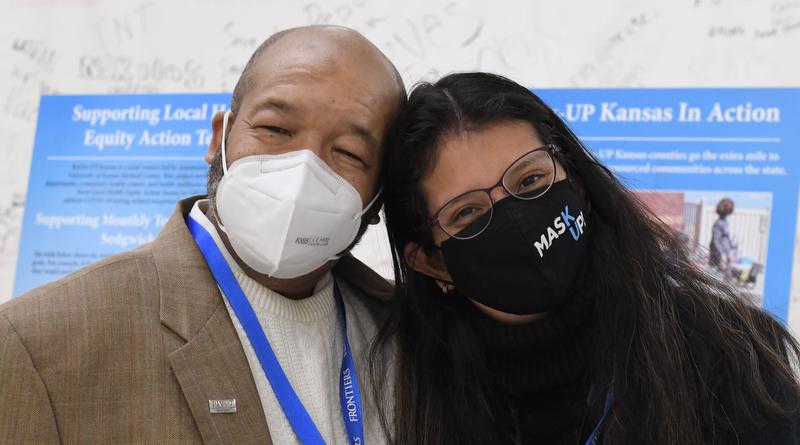 News · In the Community
News · In the Community
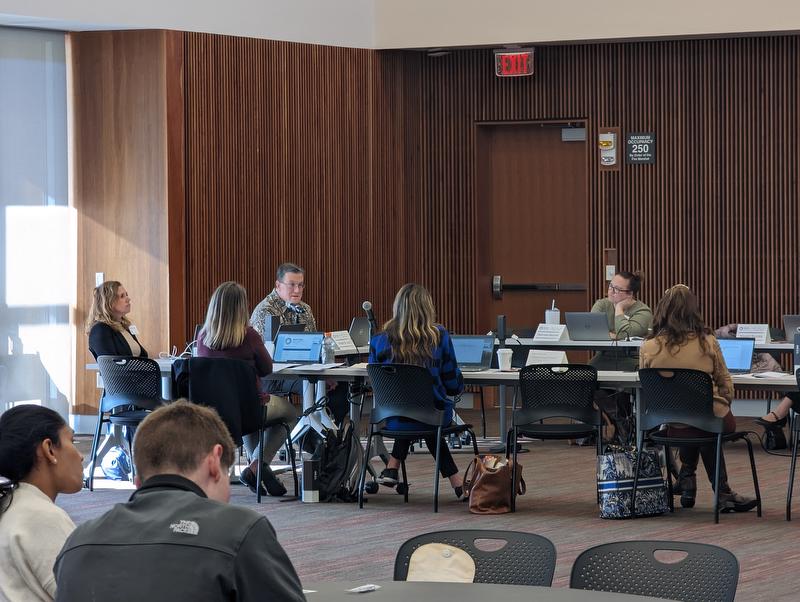 Events · News · Services
Events · News · Services
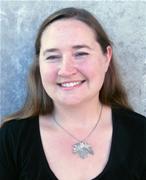 Funded Projects · News
Funded Projects · News
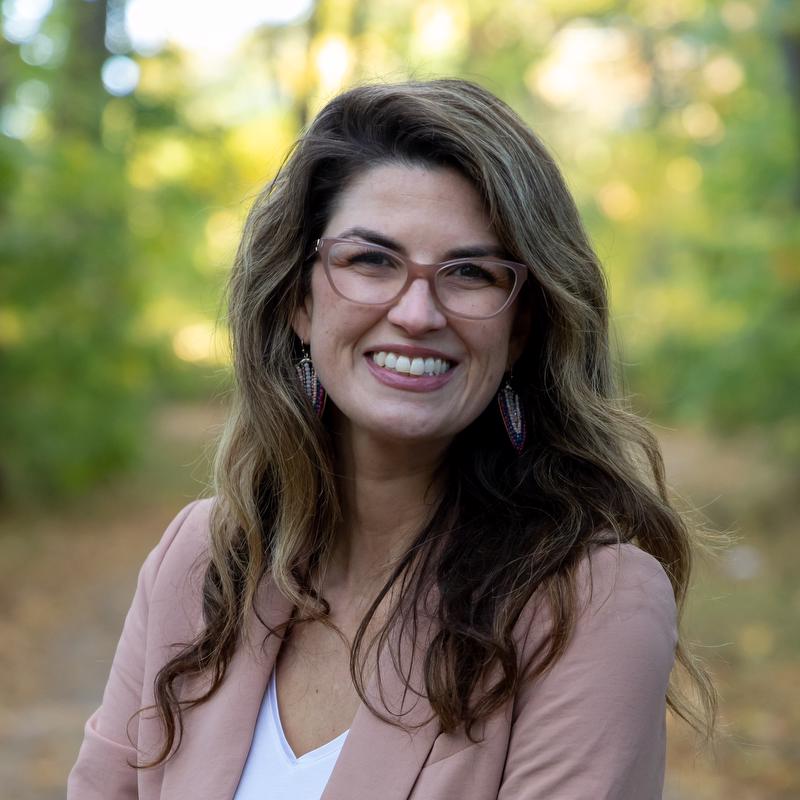 KL2 Scholar · Funded Projects · News
KL2 Scholar · Funded Projects · News
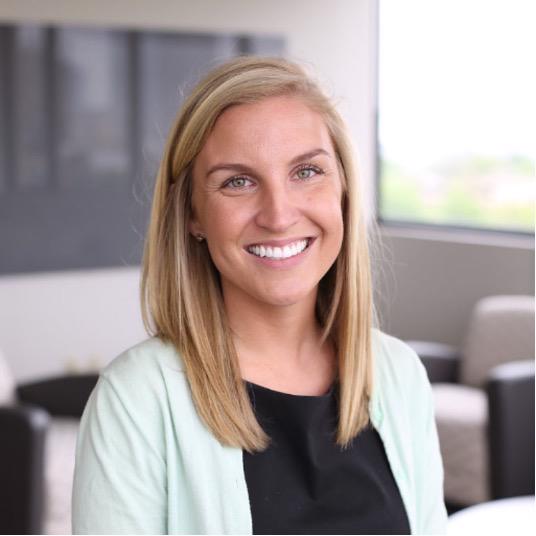 TL1 Trainee · Funded Projects · News
TL1 Trainee · Funded Projects · News
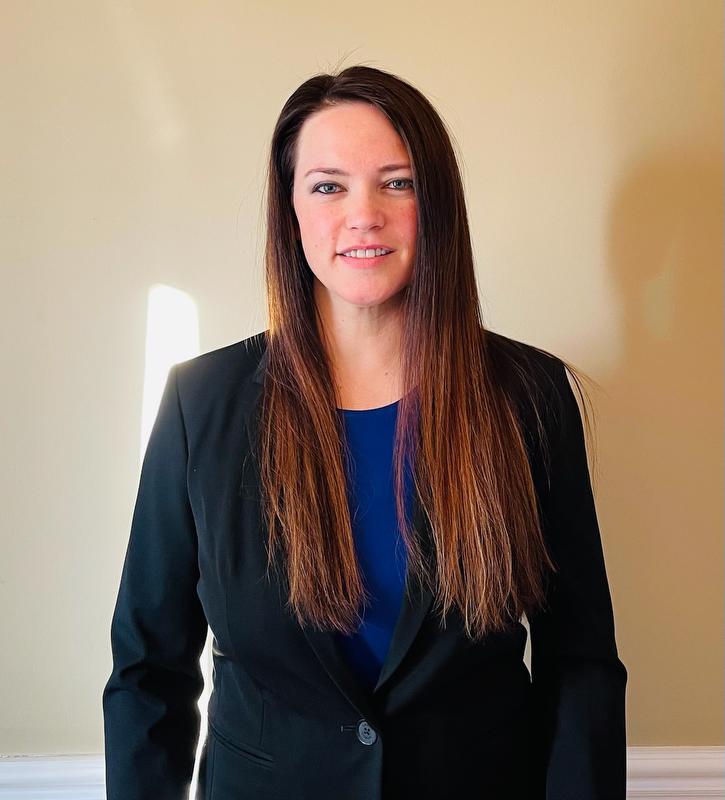 News
News
 News
News
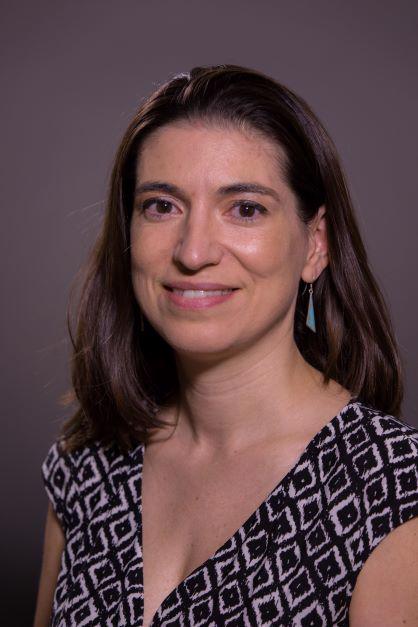 KL2 Scholar · Funded Projects
KL2 Scholar · Funded Projects
 KL2 Scholar · Funded Projects
KL2 Scholar · Funded Projects
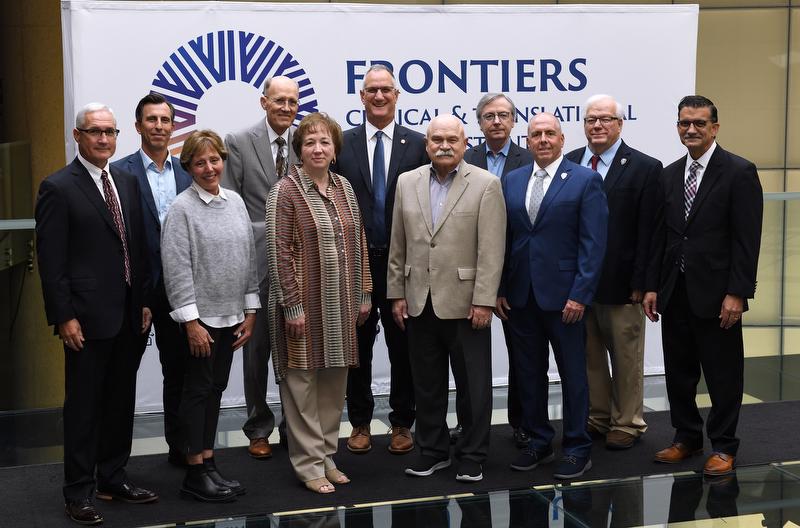 Events · News
Events · News
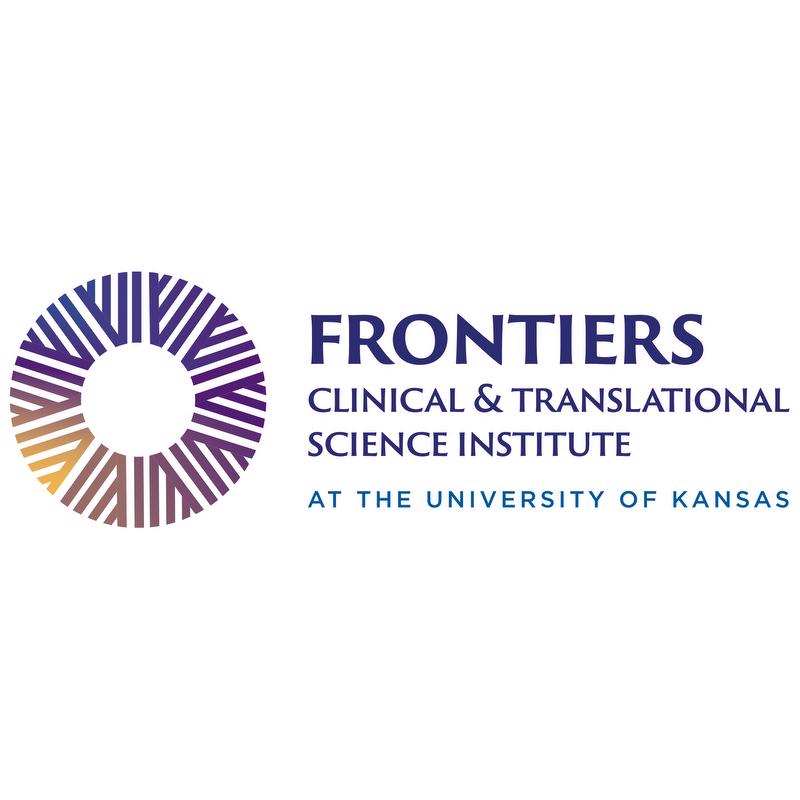 News
News
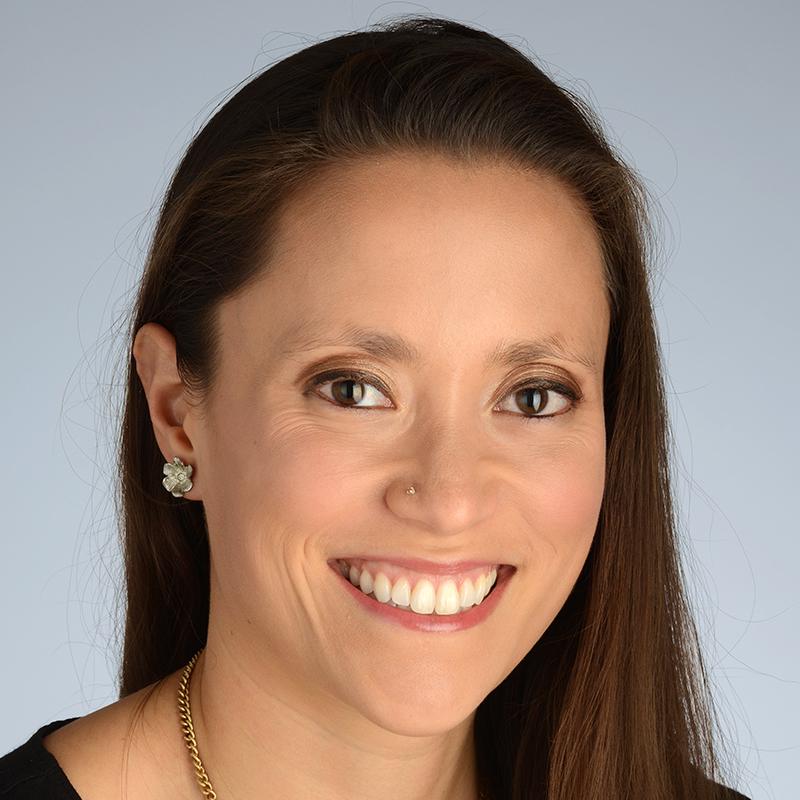 KL2 Scholar · Funded Projects
KL2 Scholar · Funded Projects
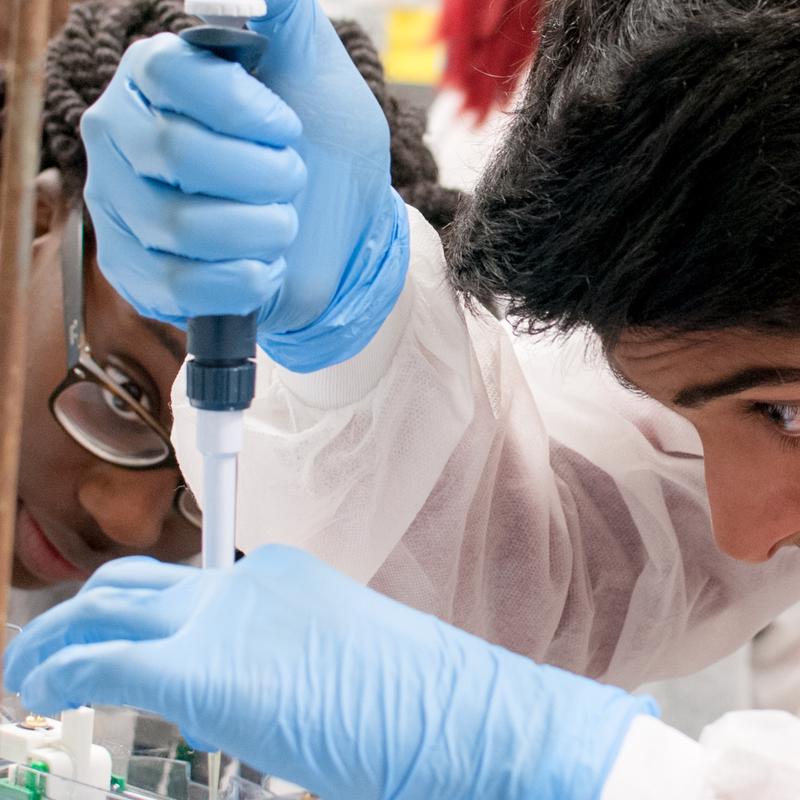 News
News
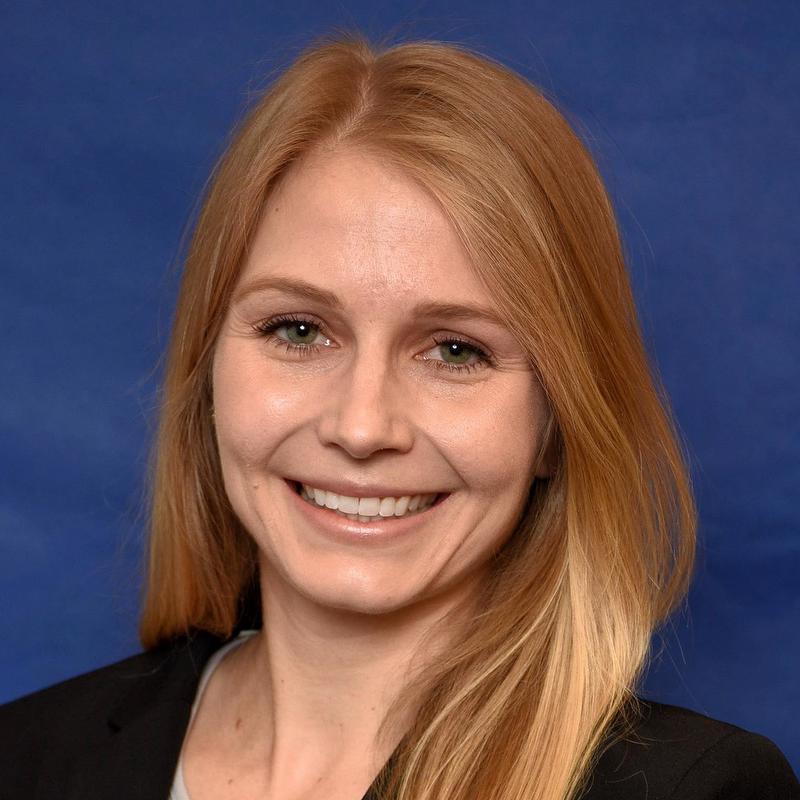 Funded Projects
Funded Projects
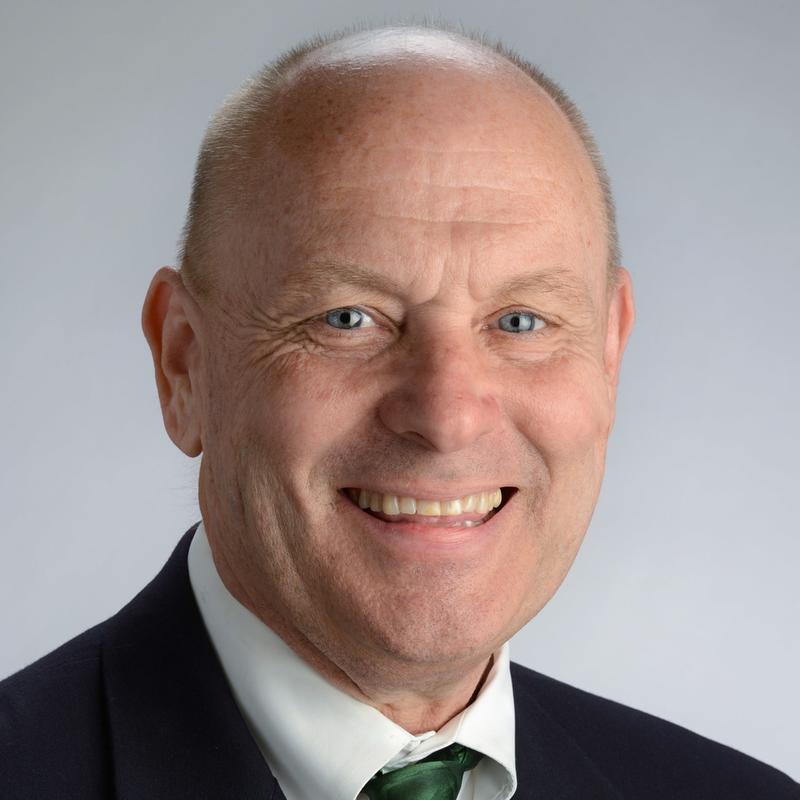
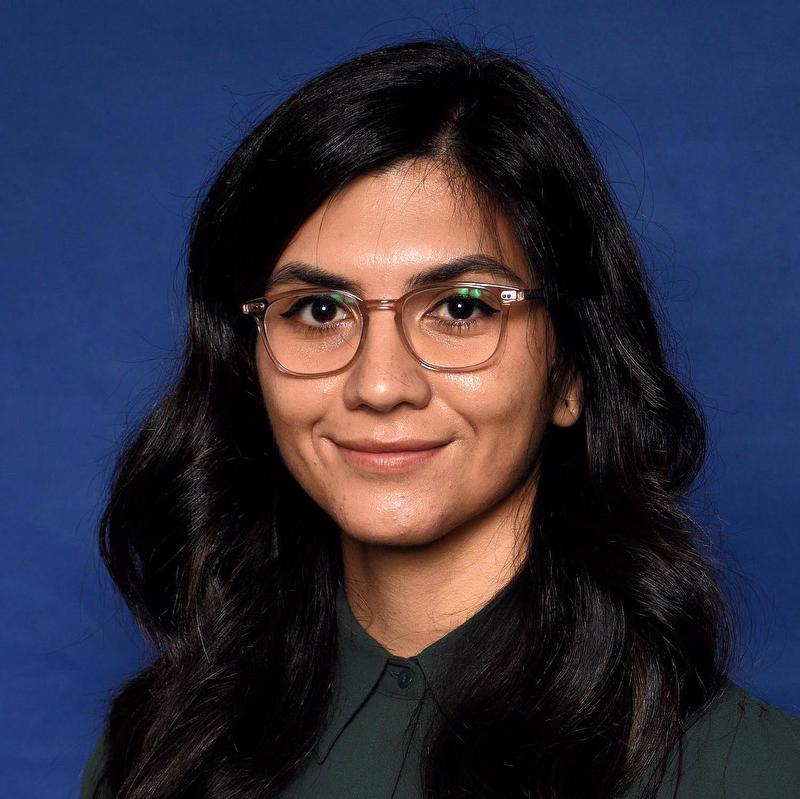 TL1 Trainee
TL1 Trainee
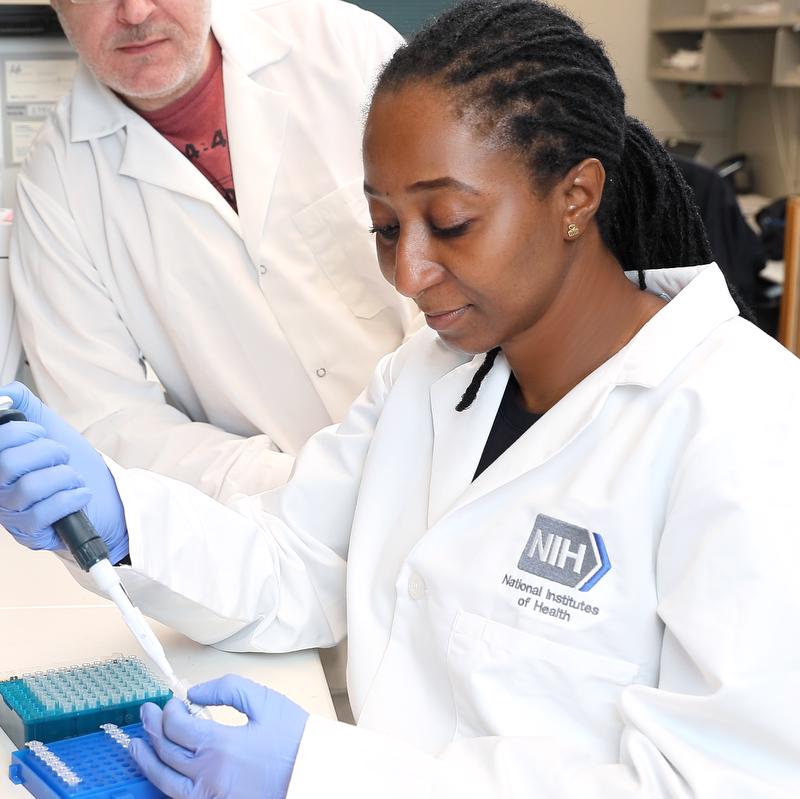 News
News
 Funded Projects
Funded Projects
